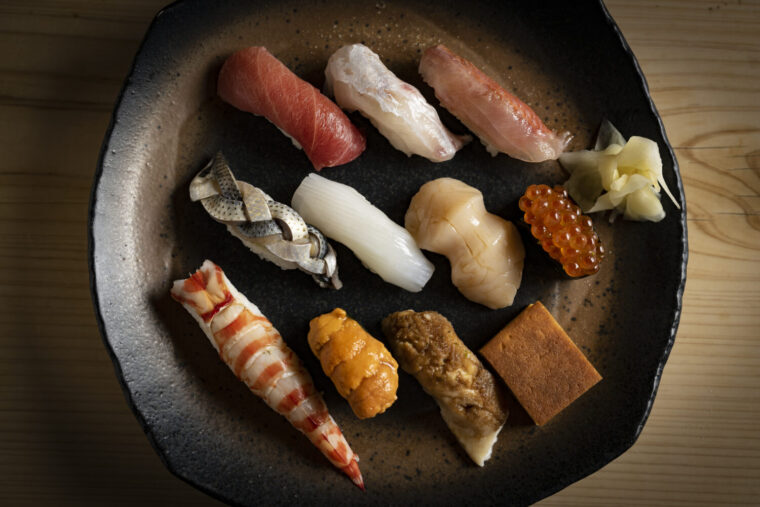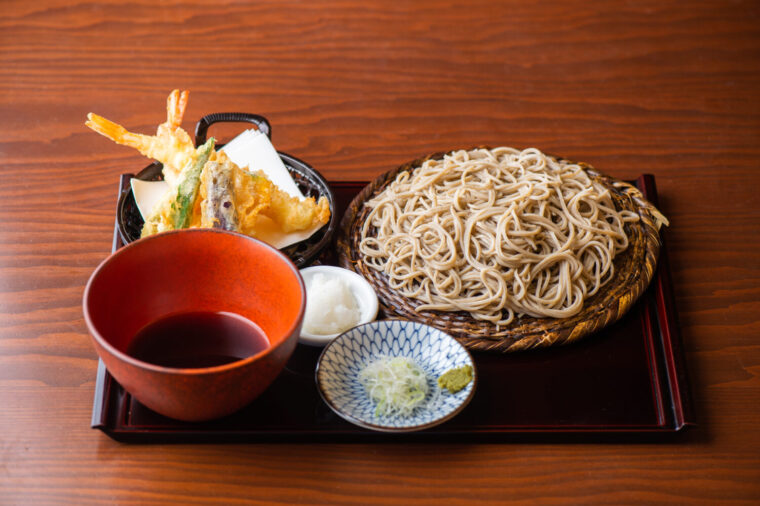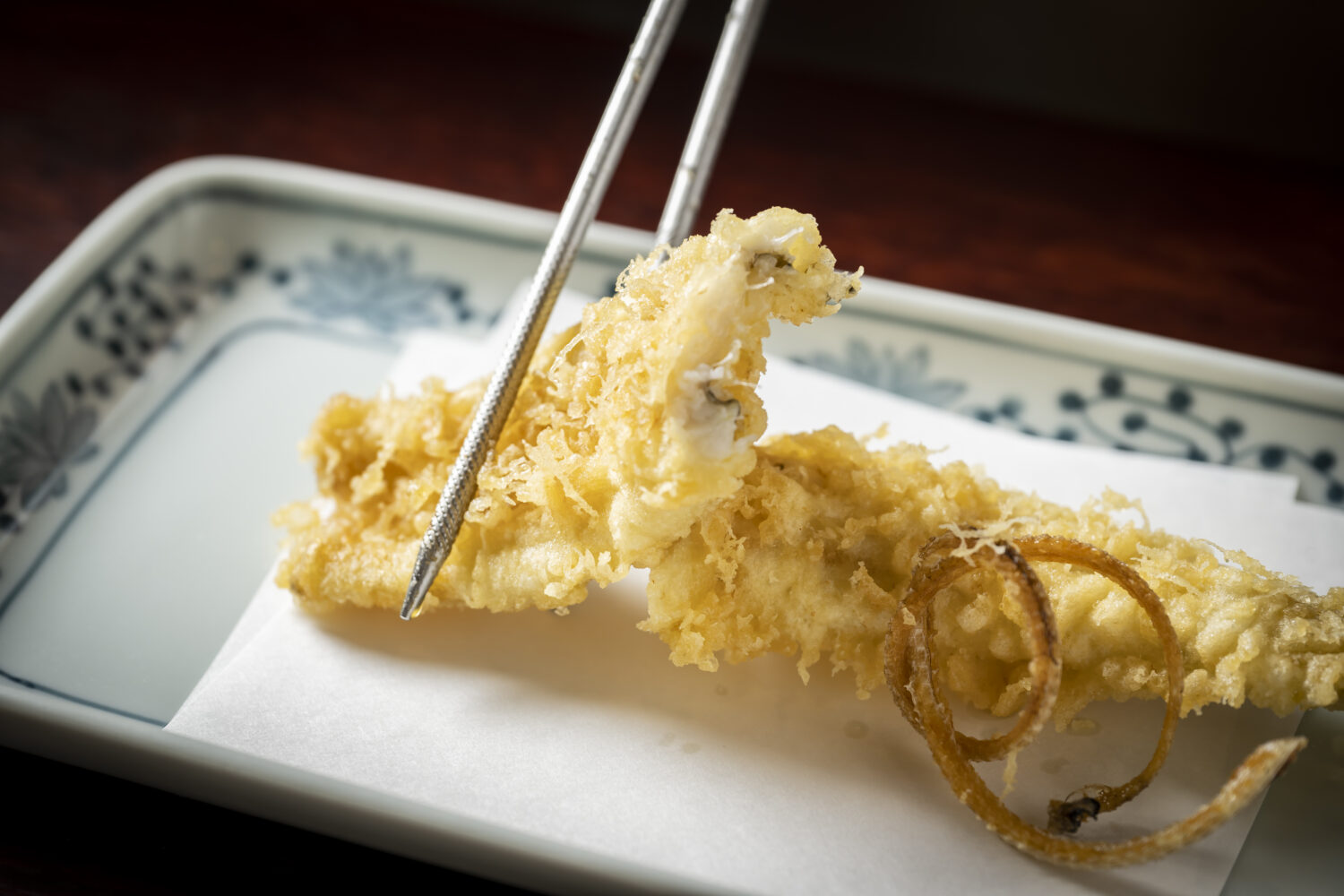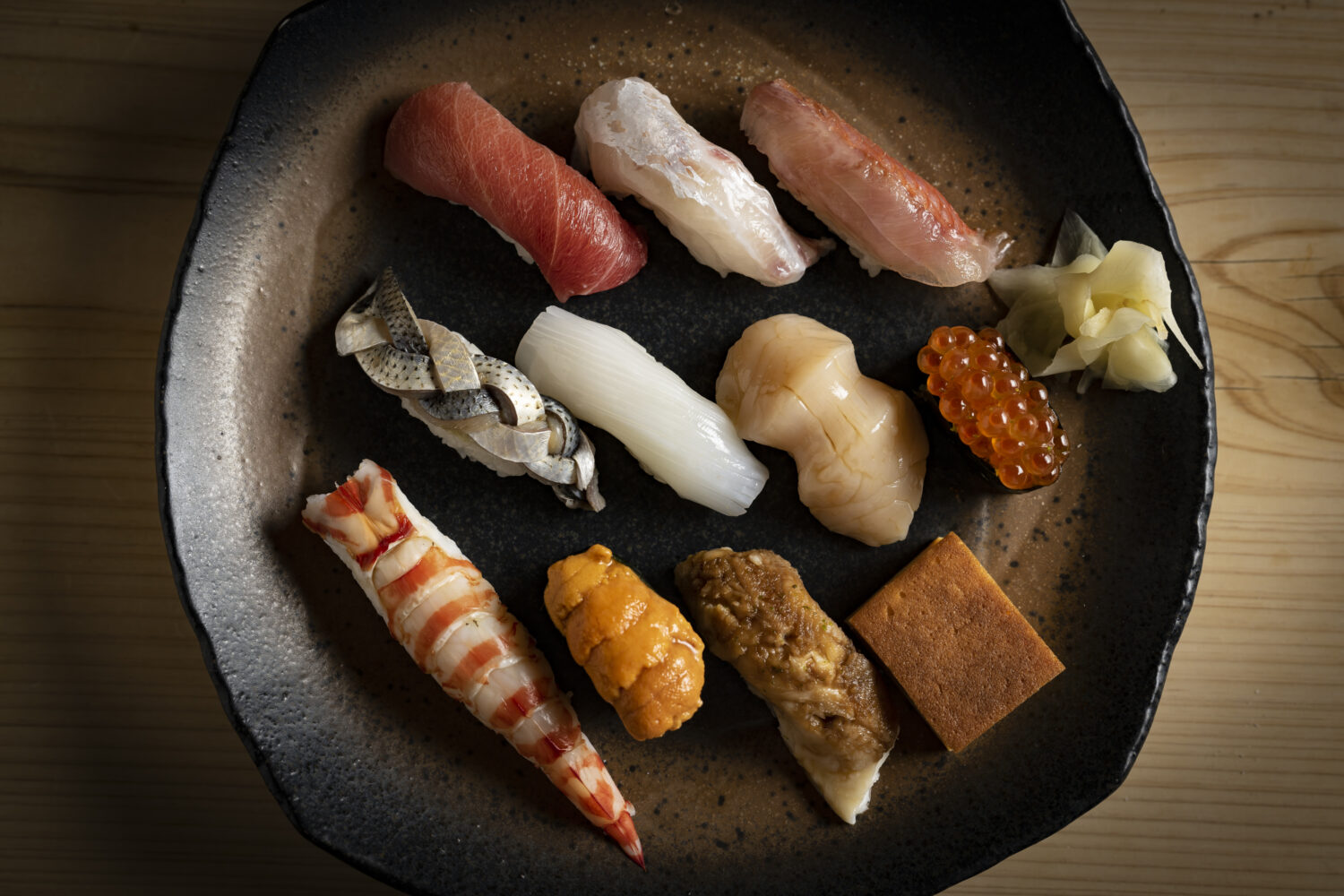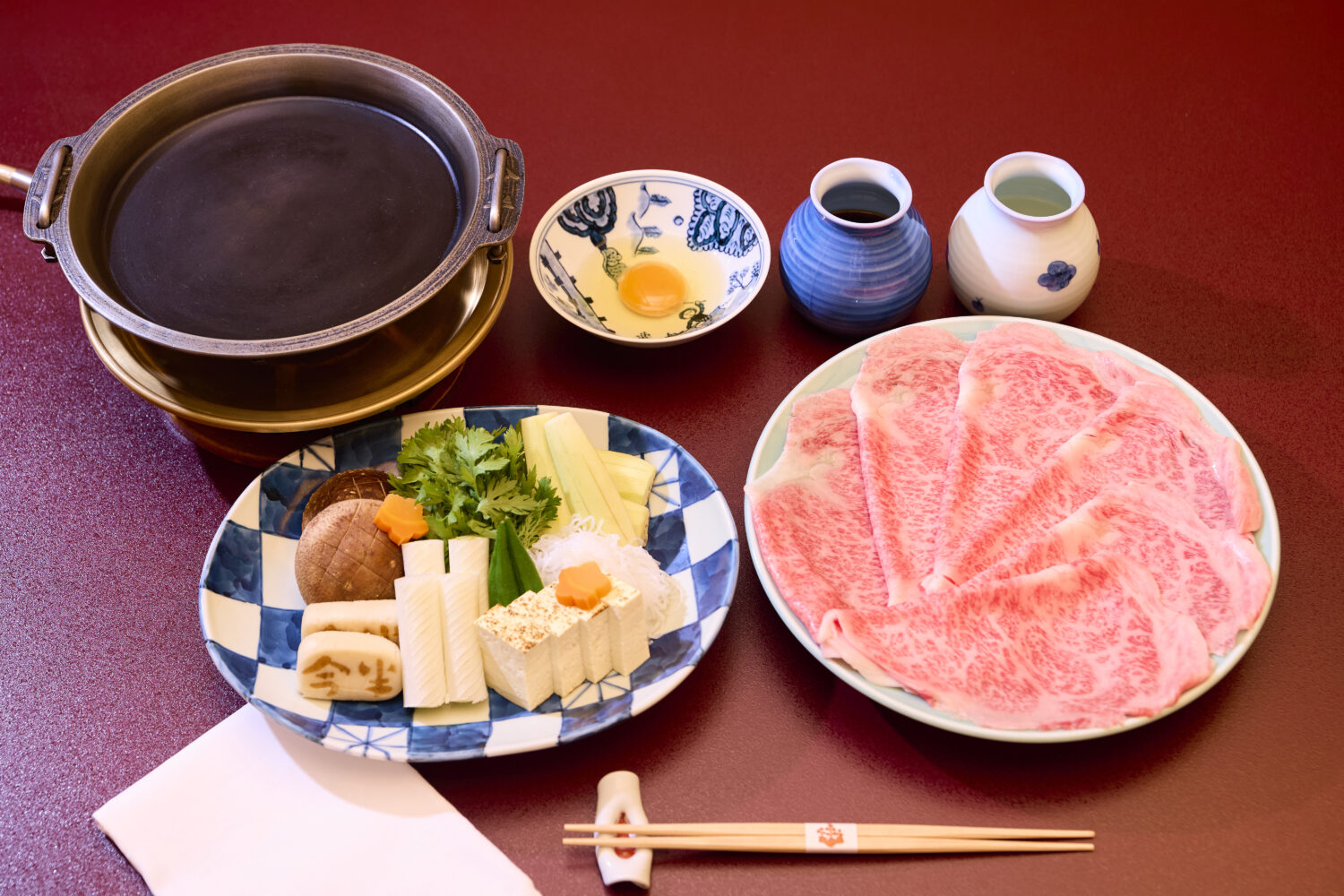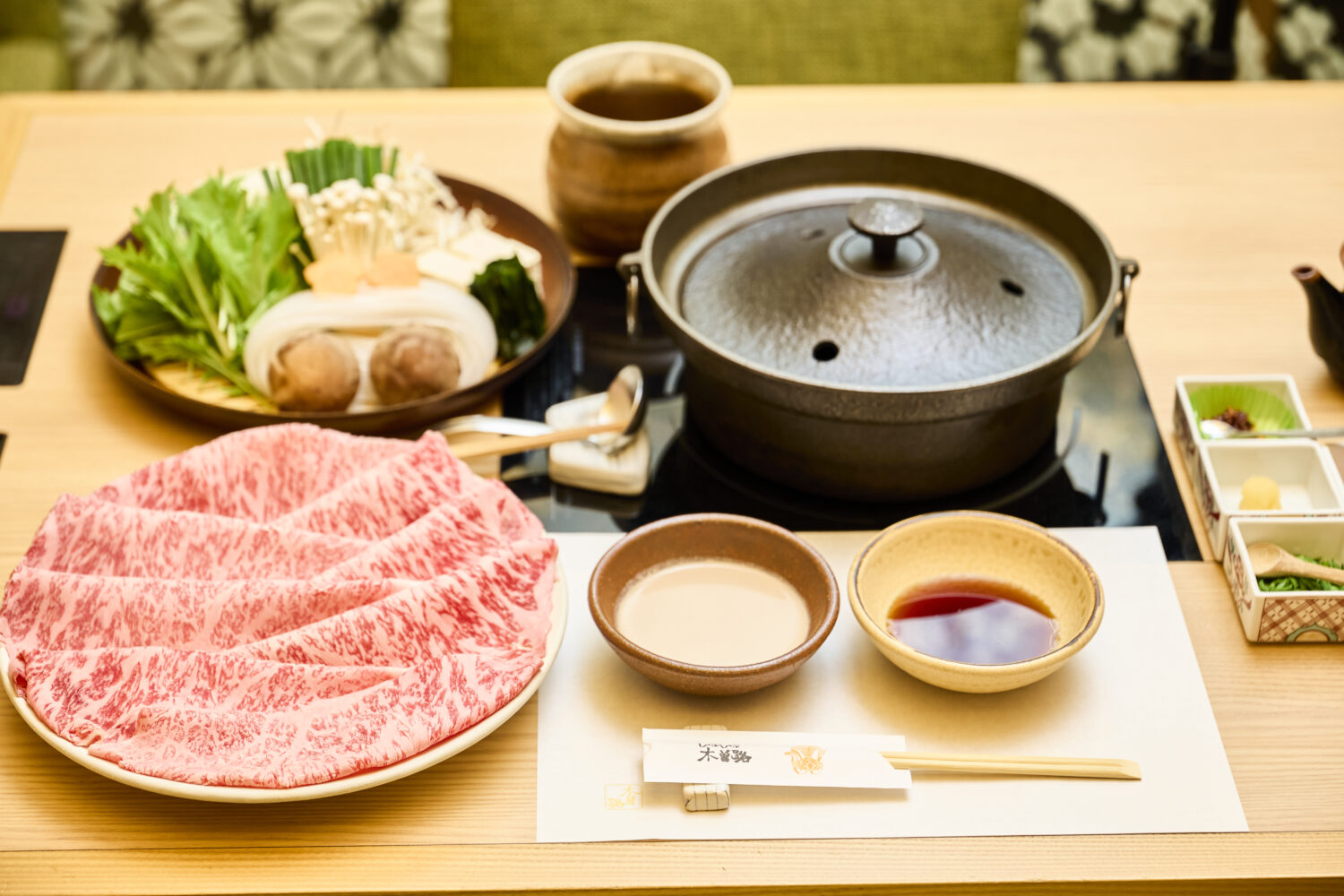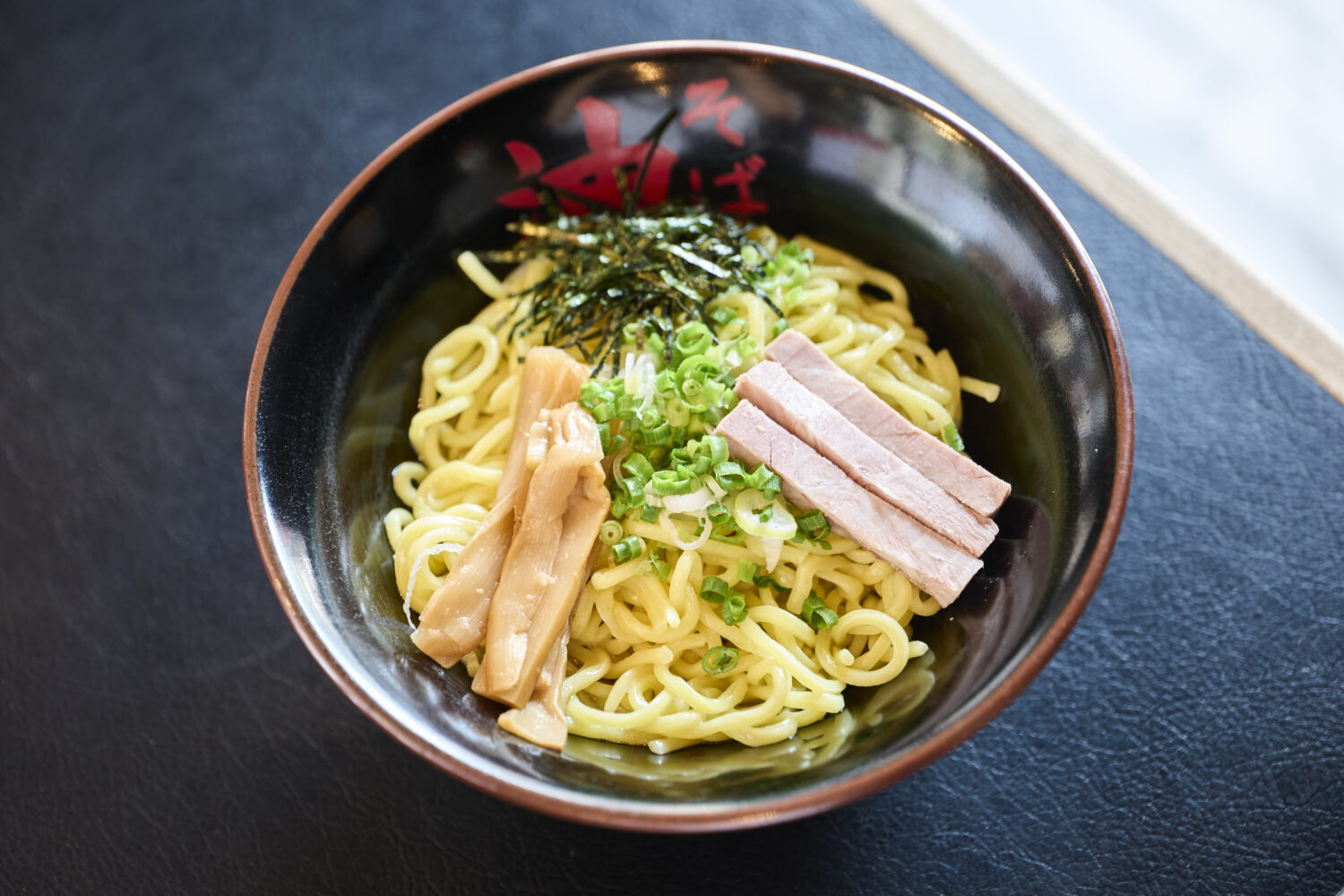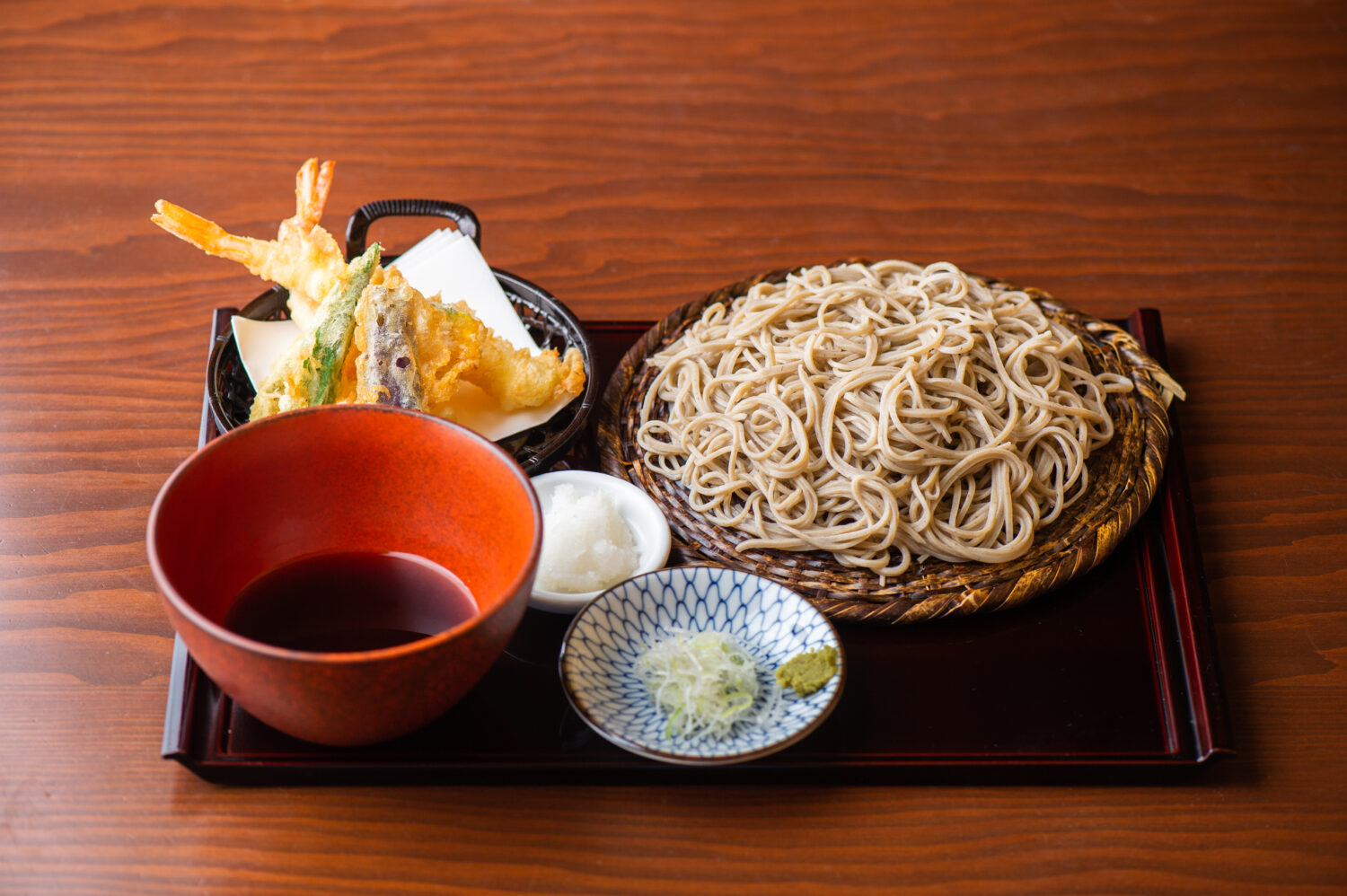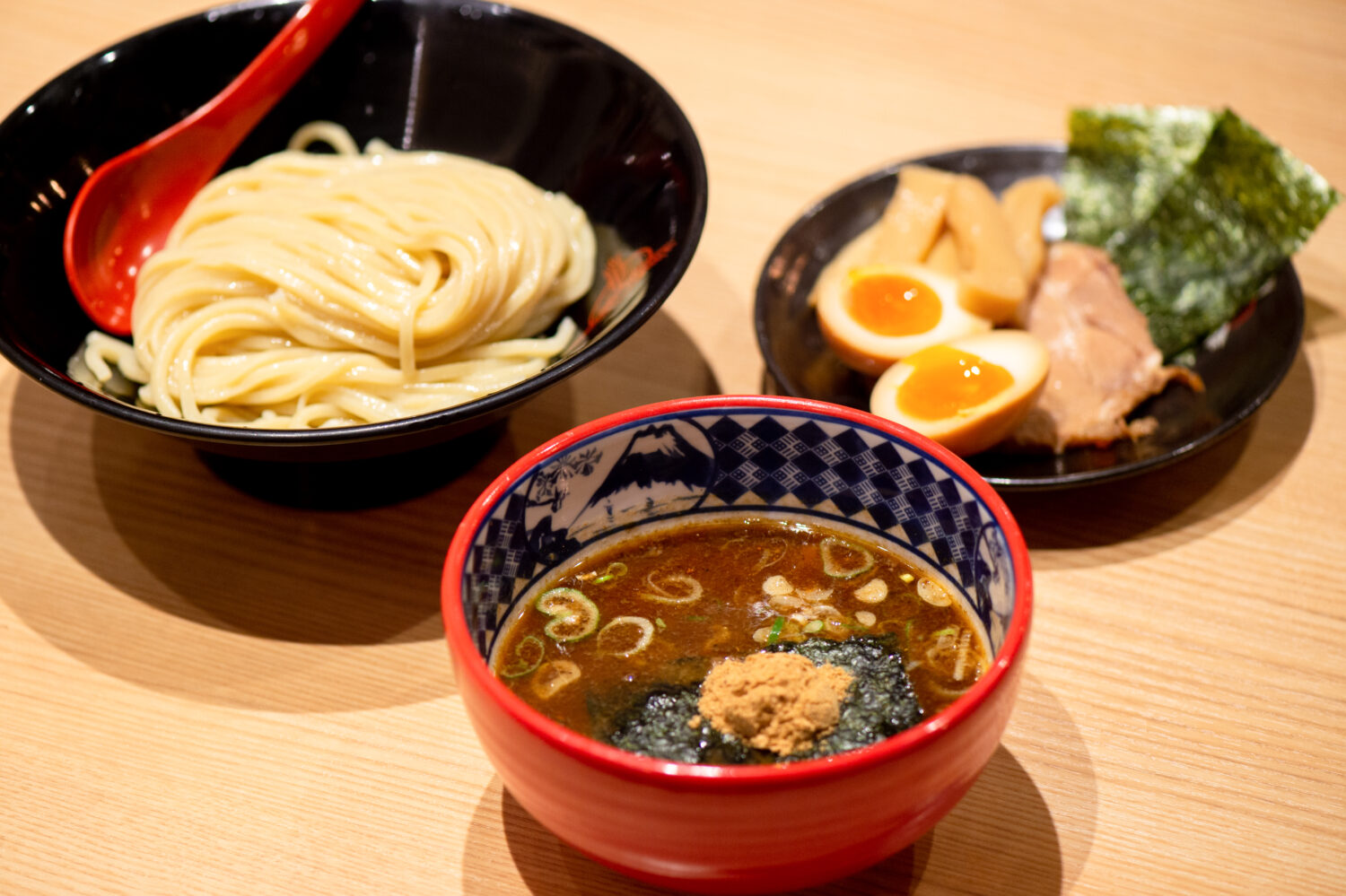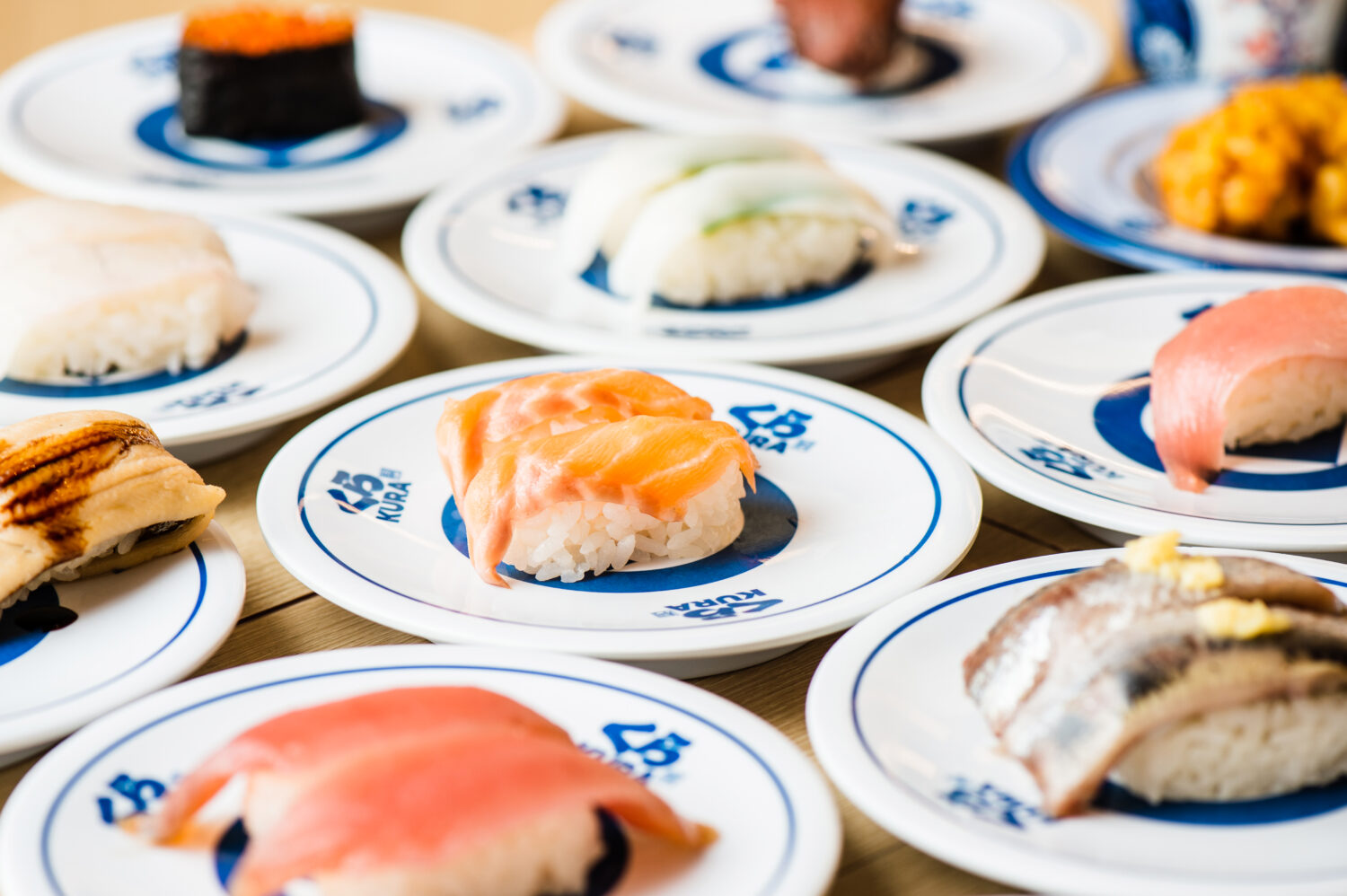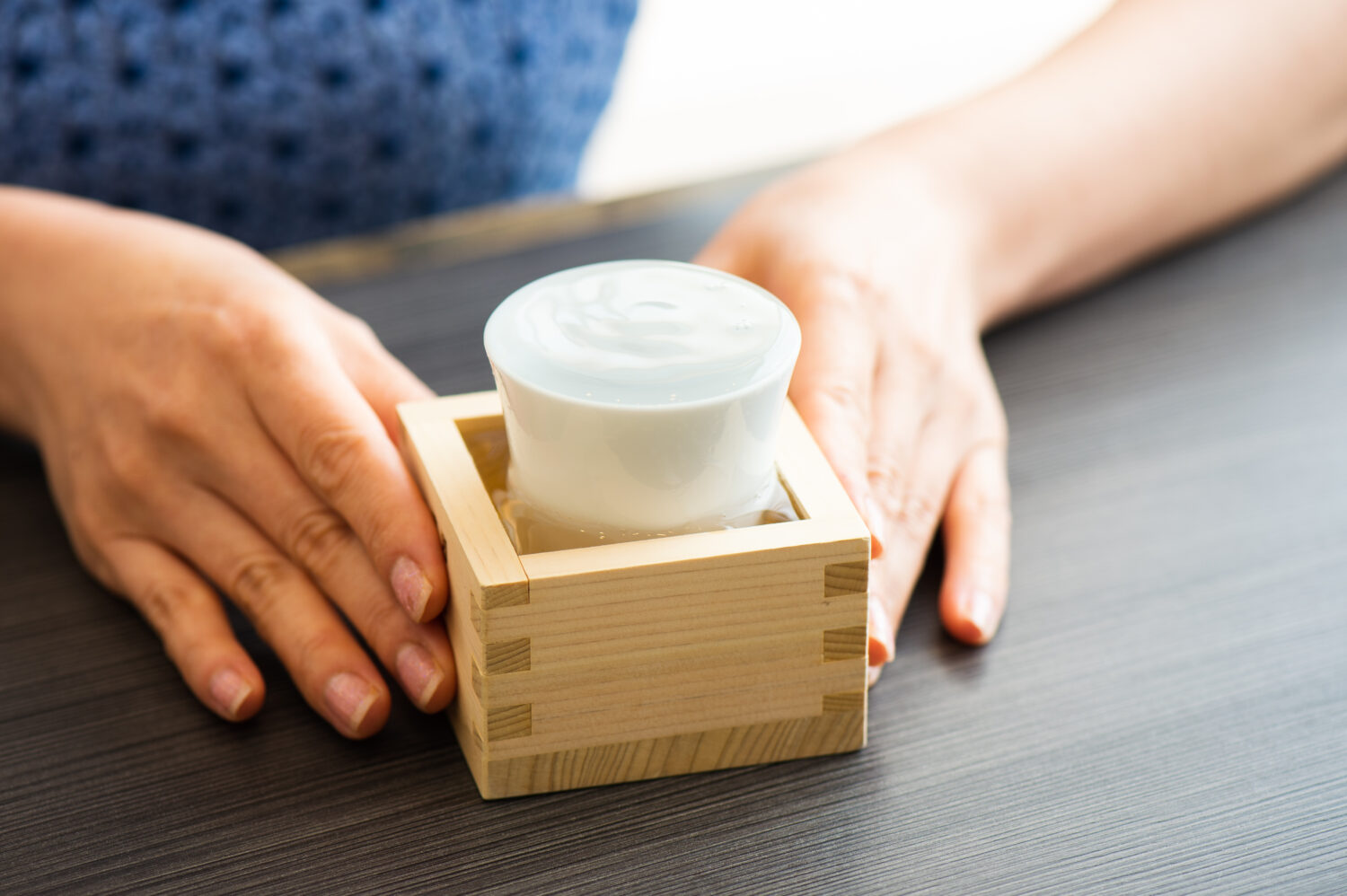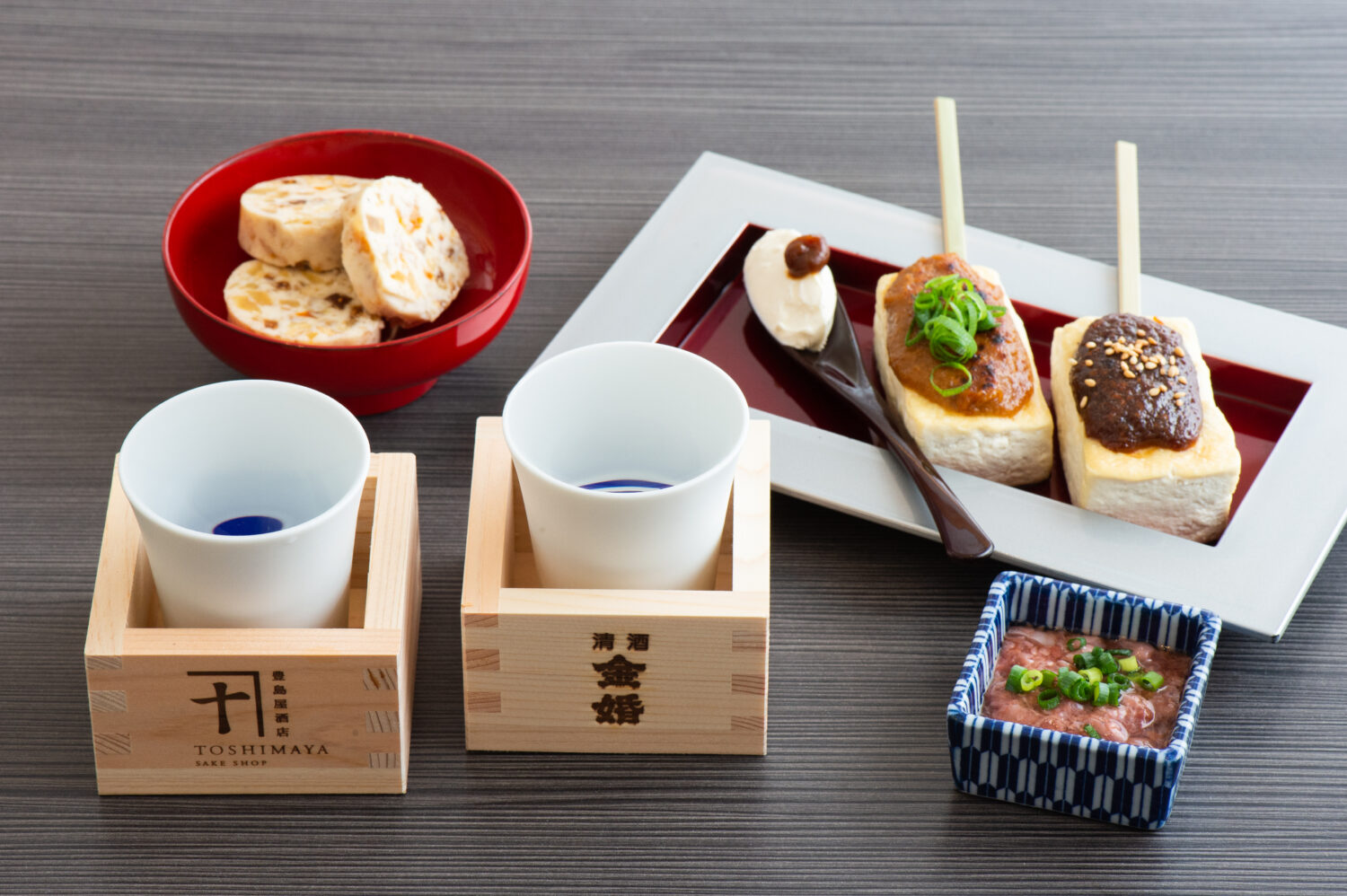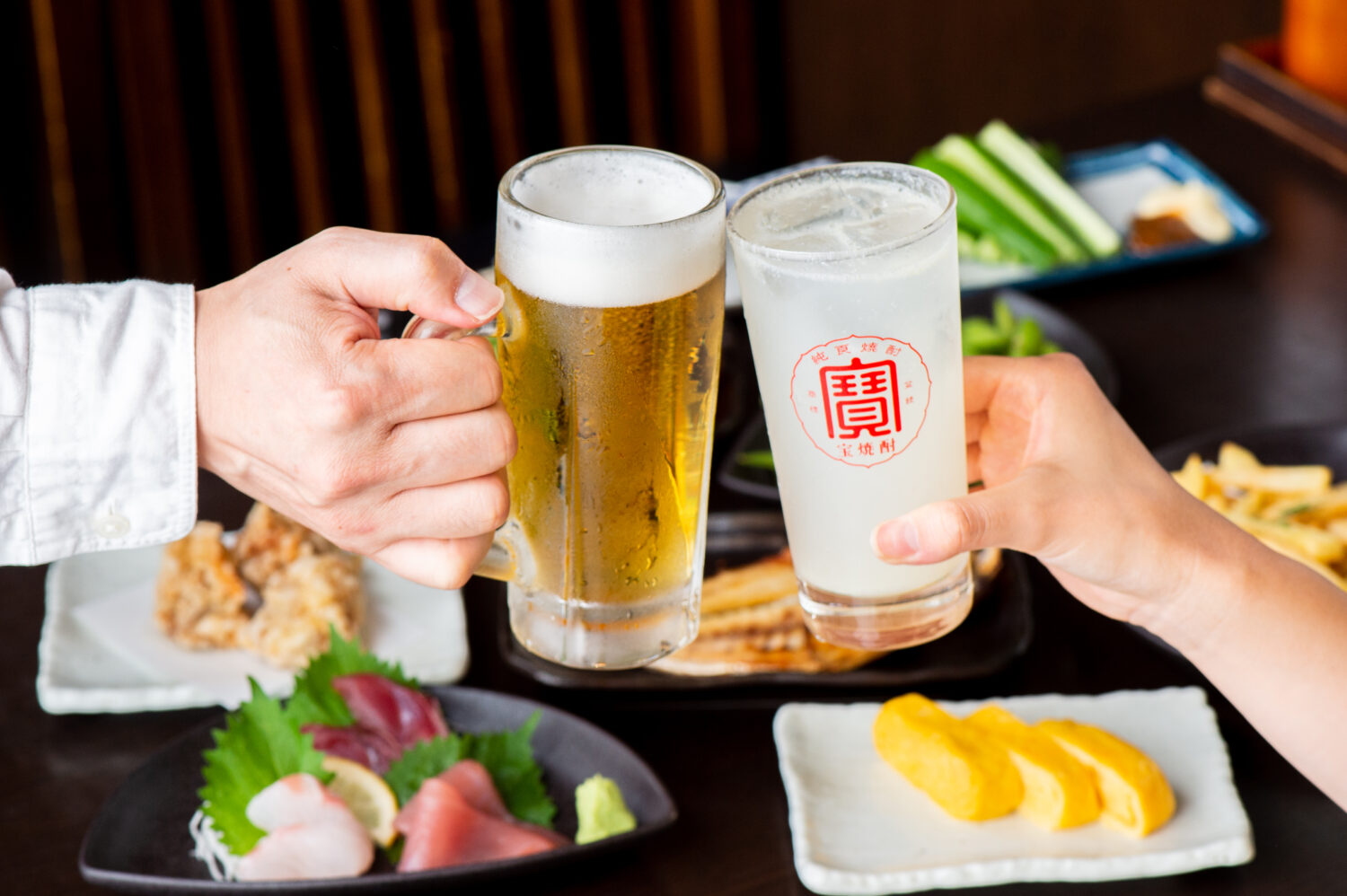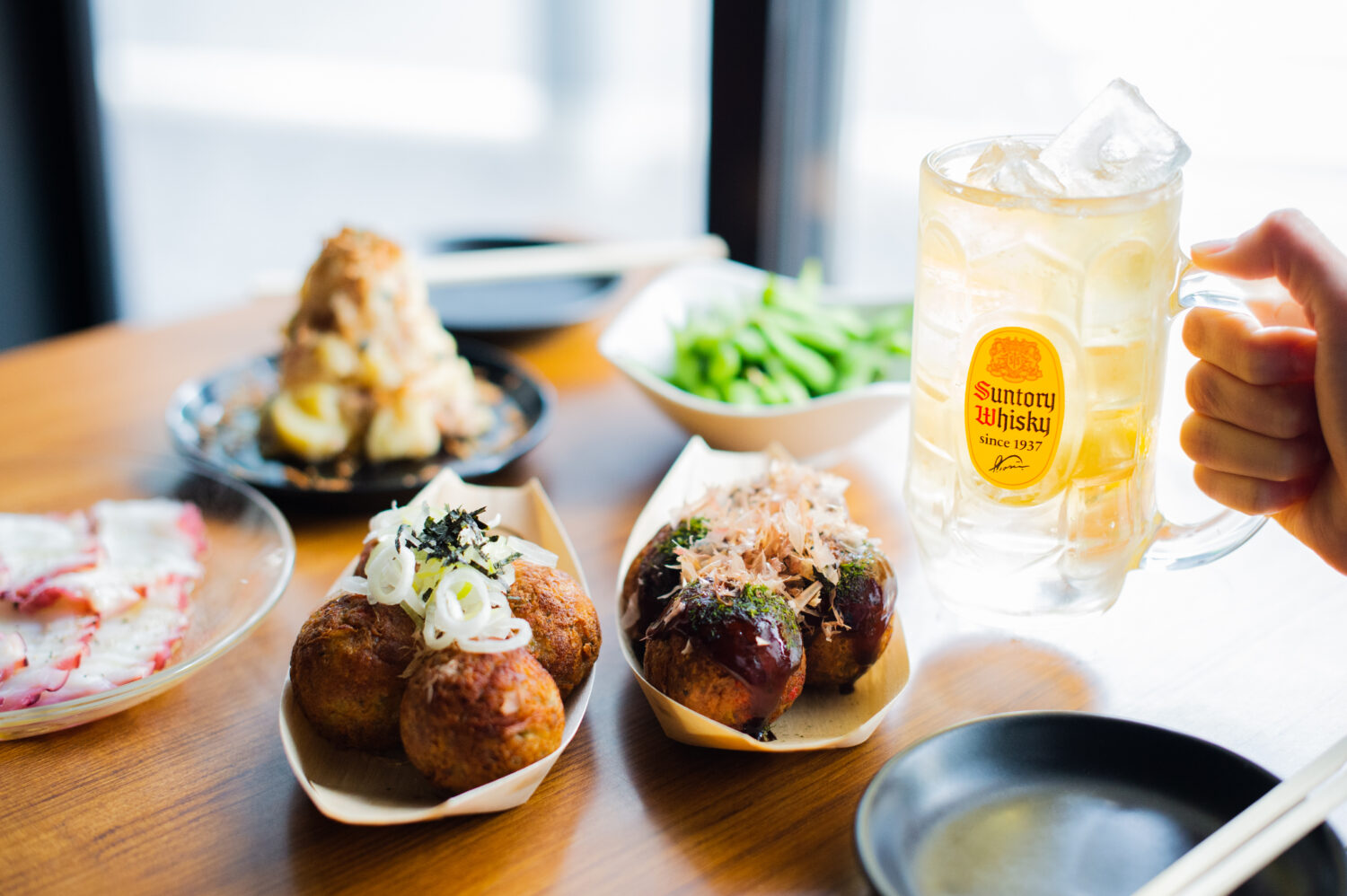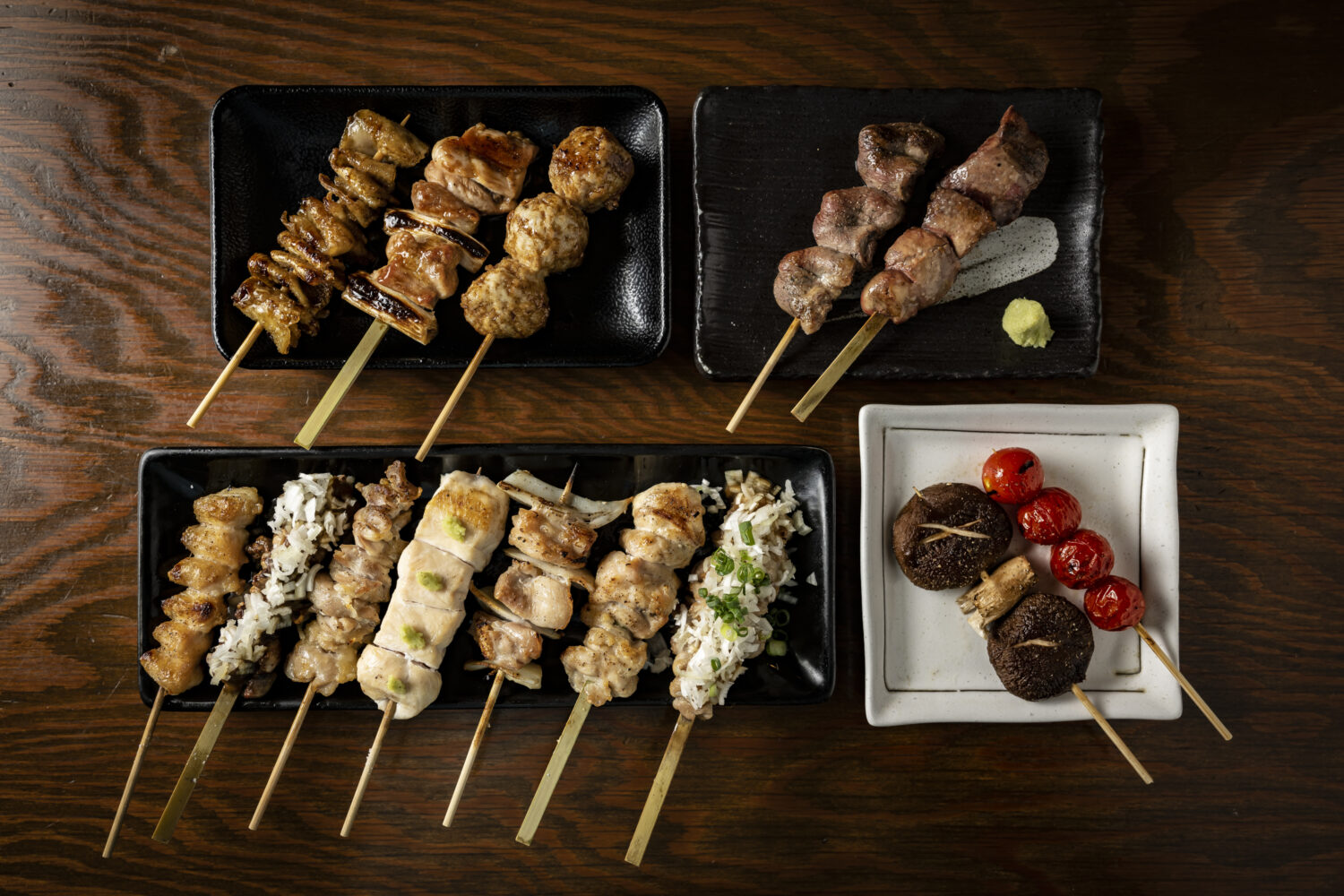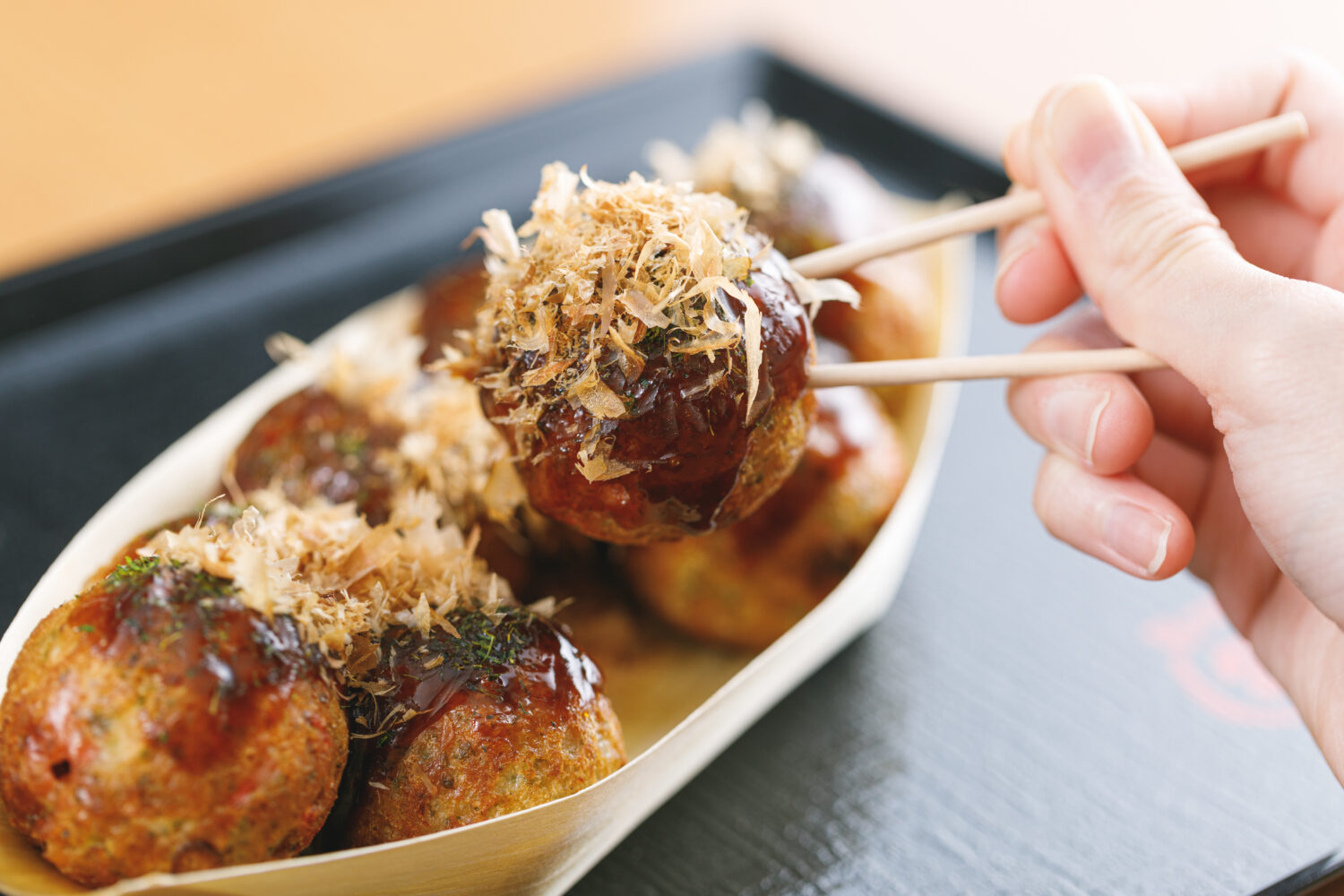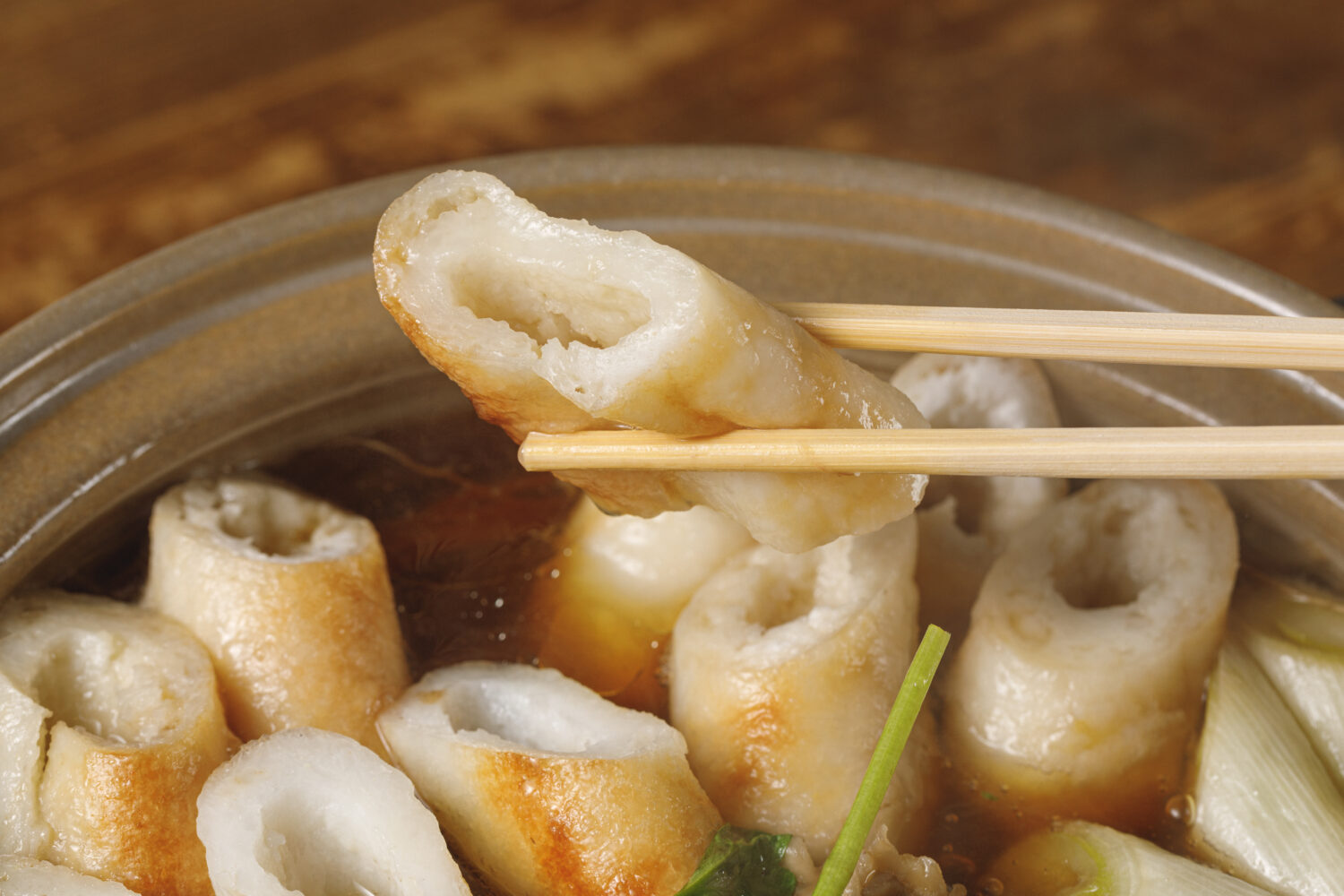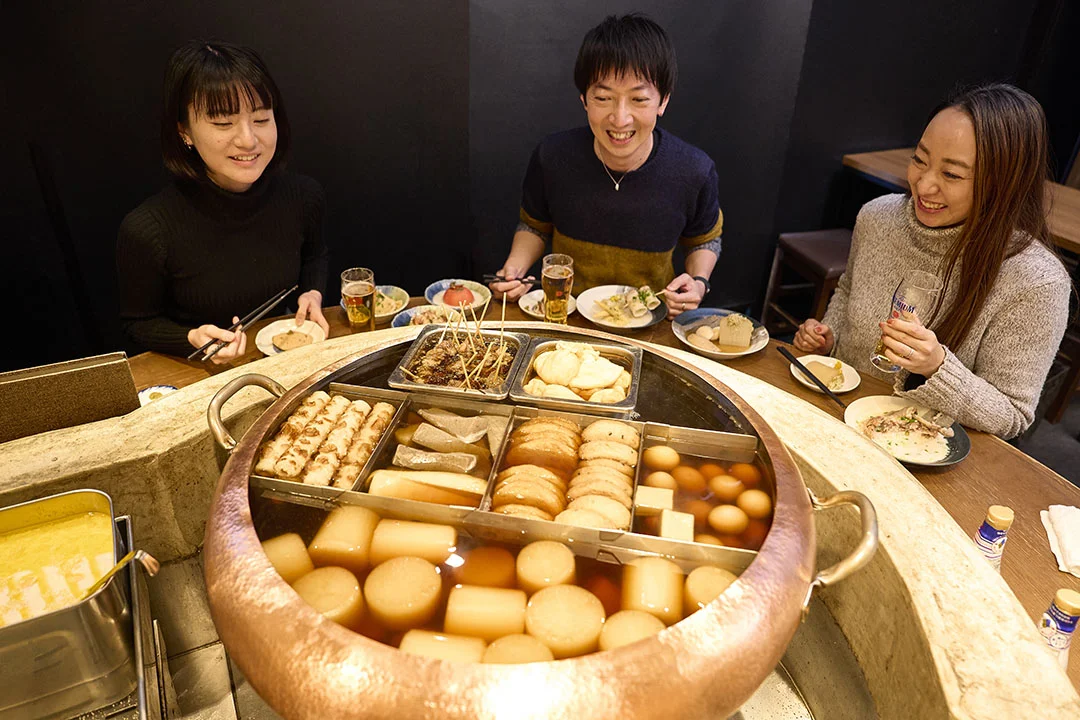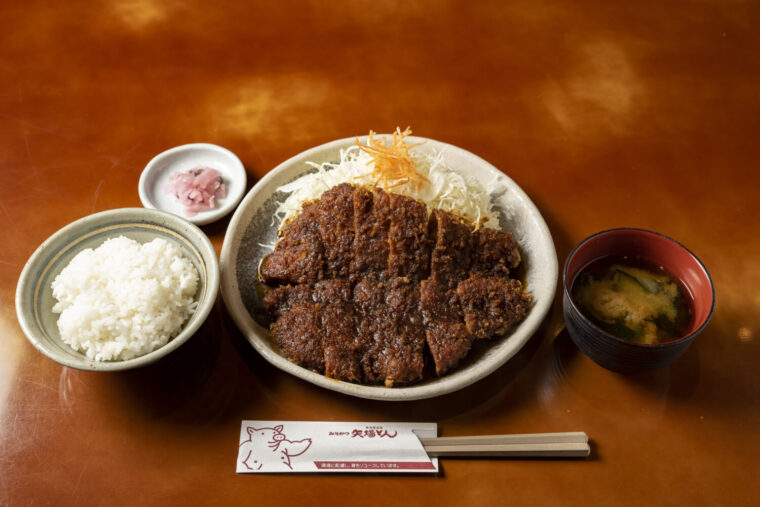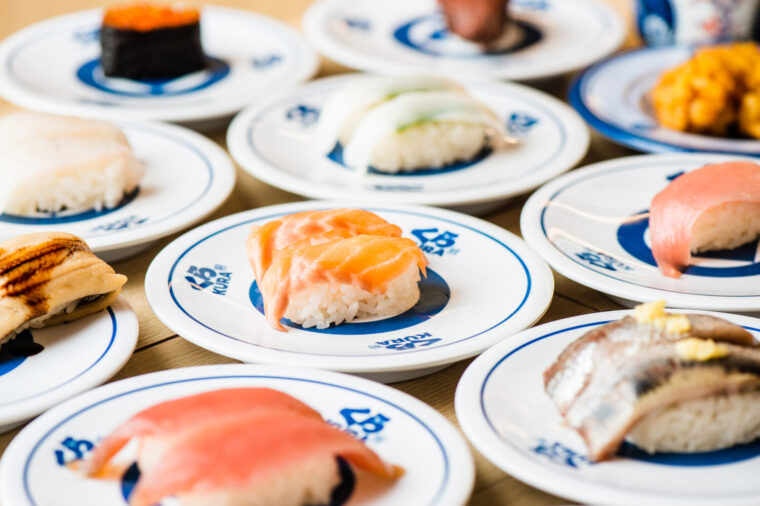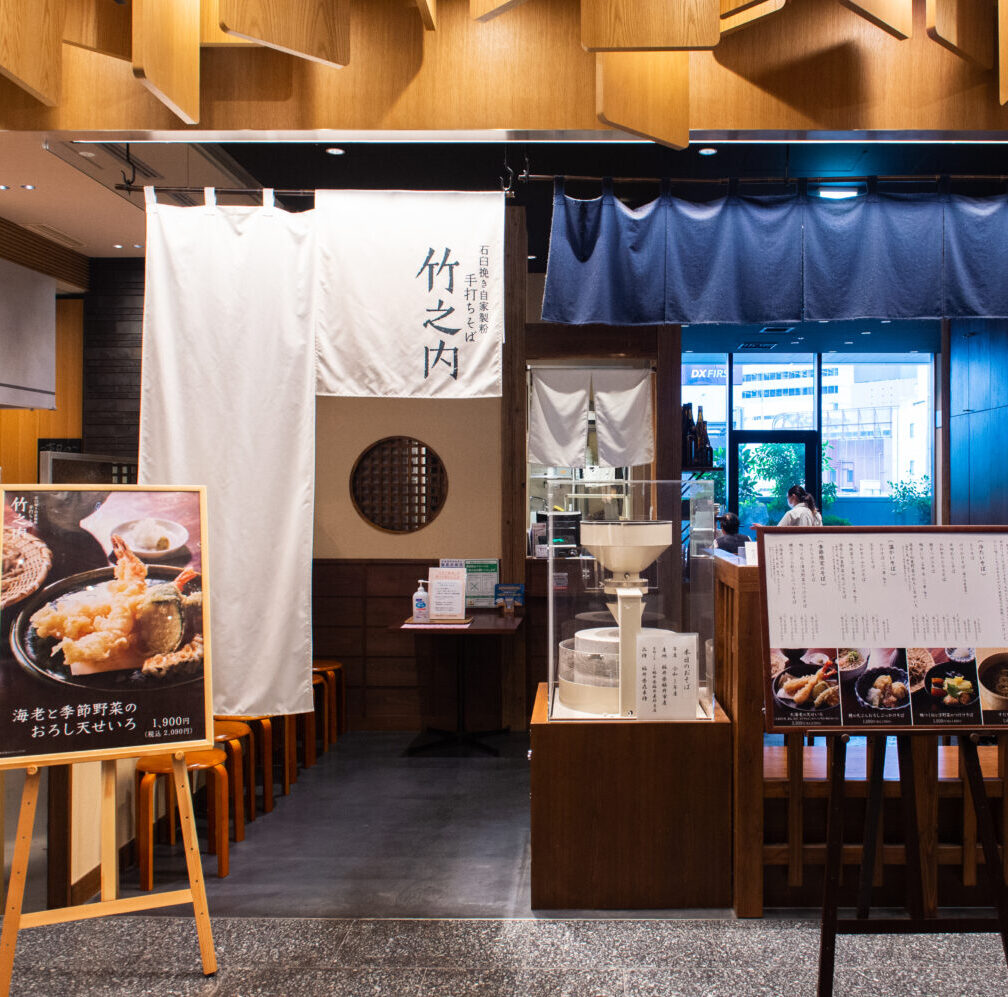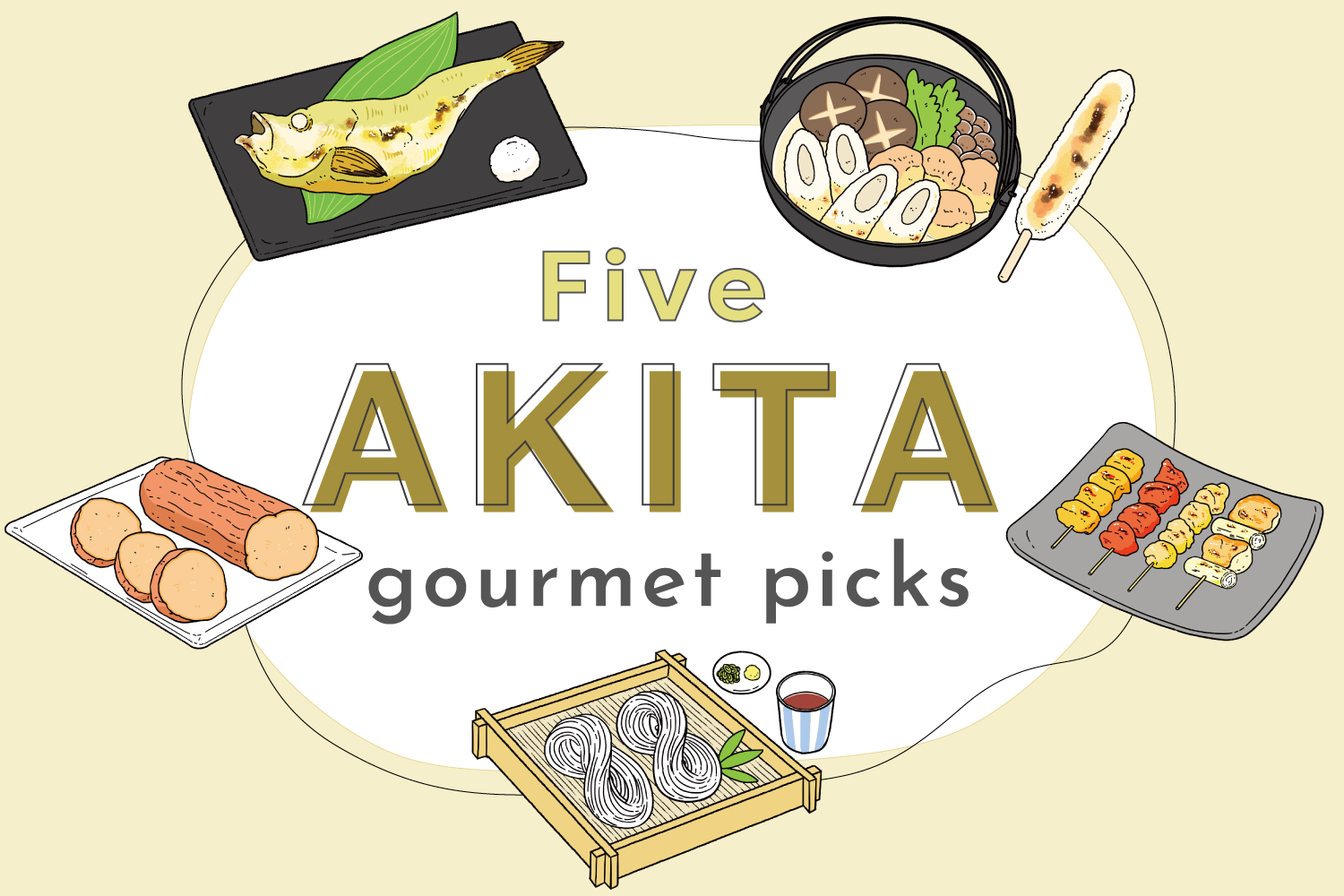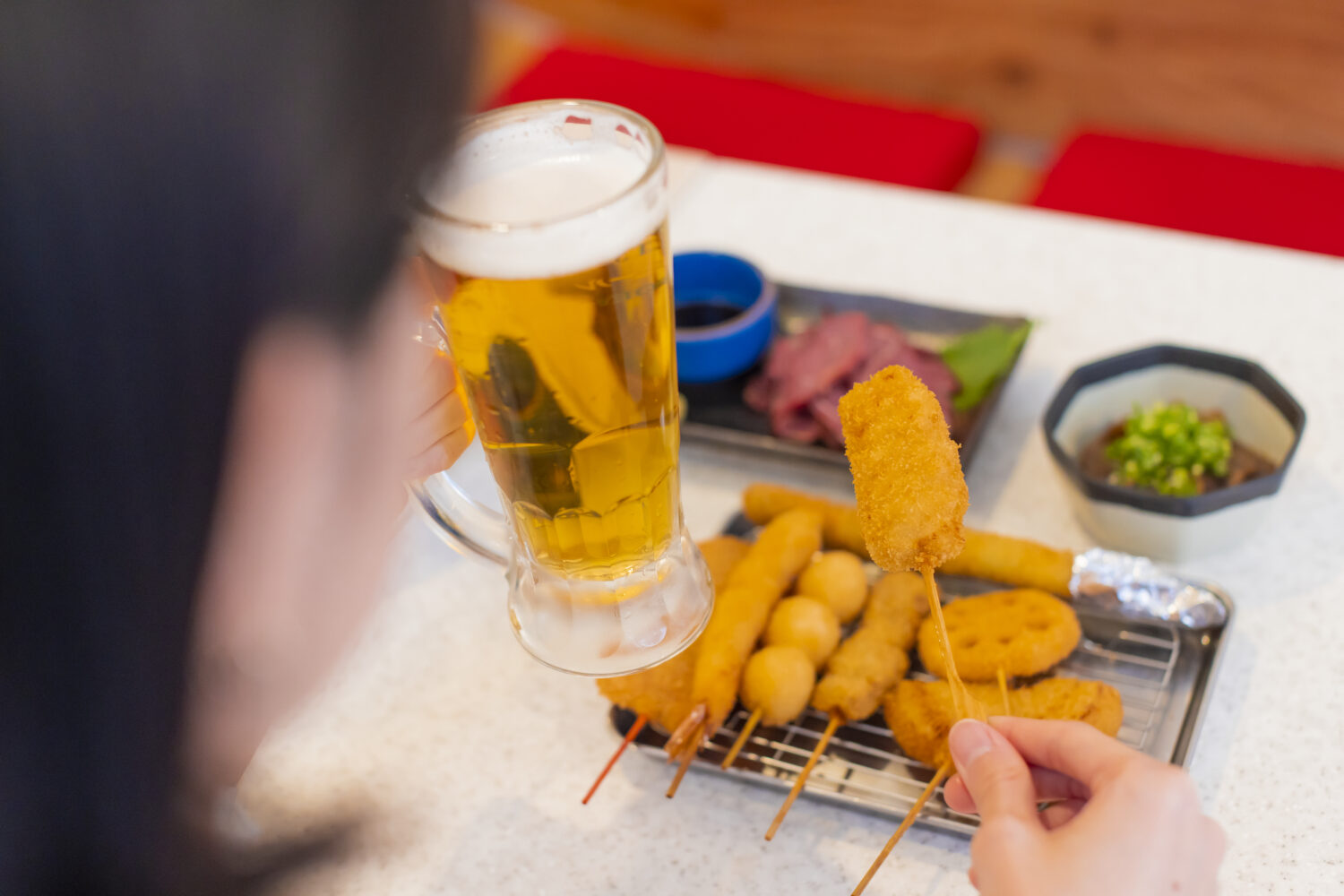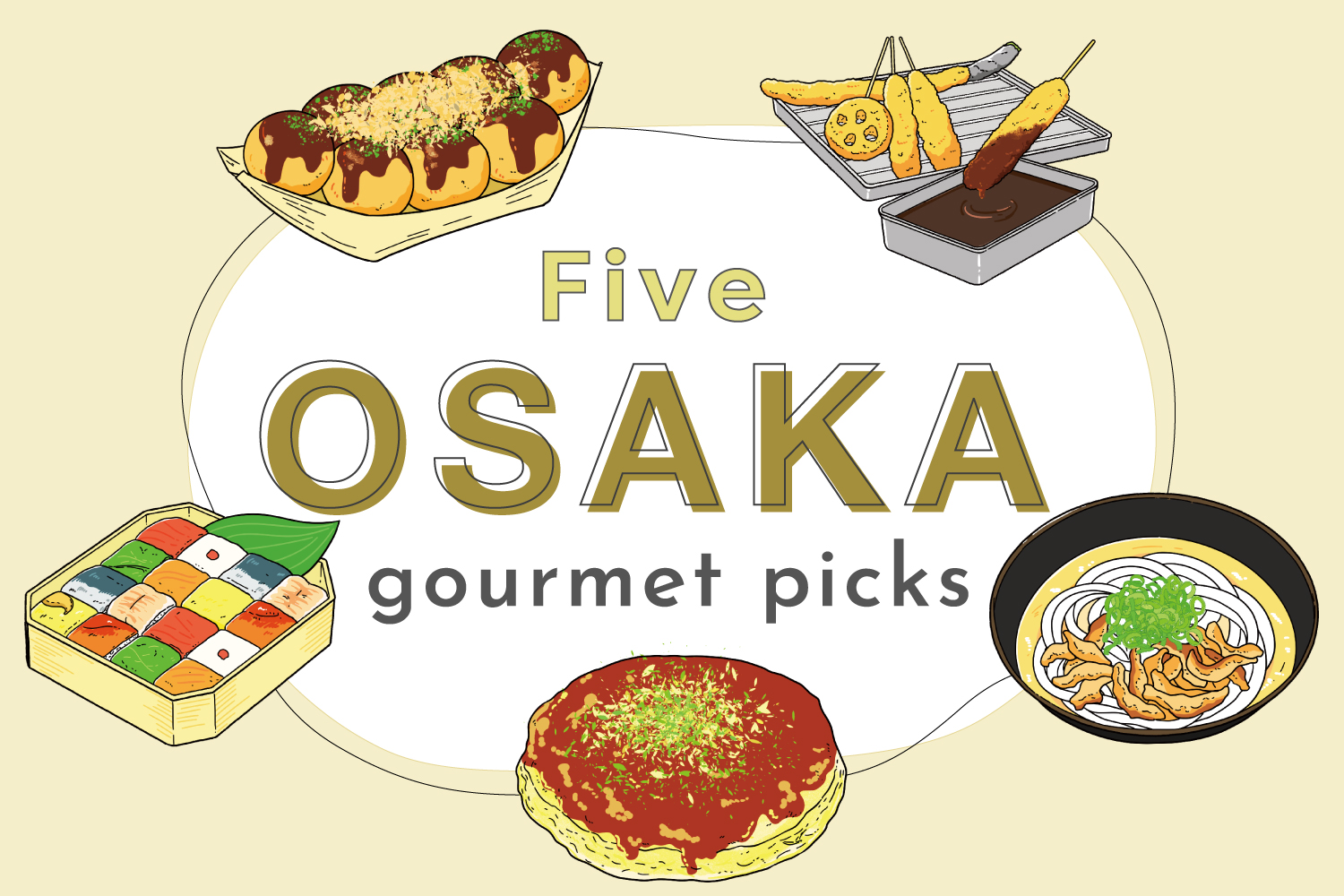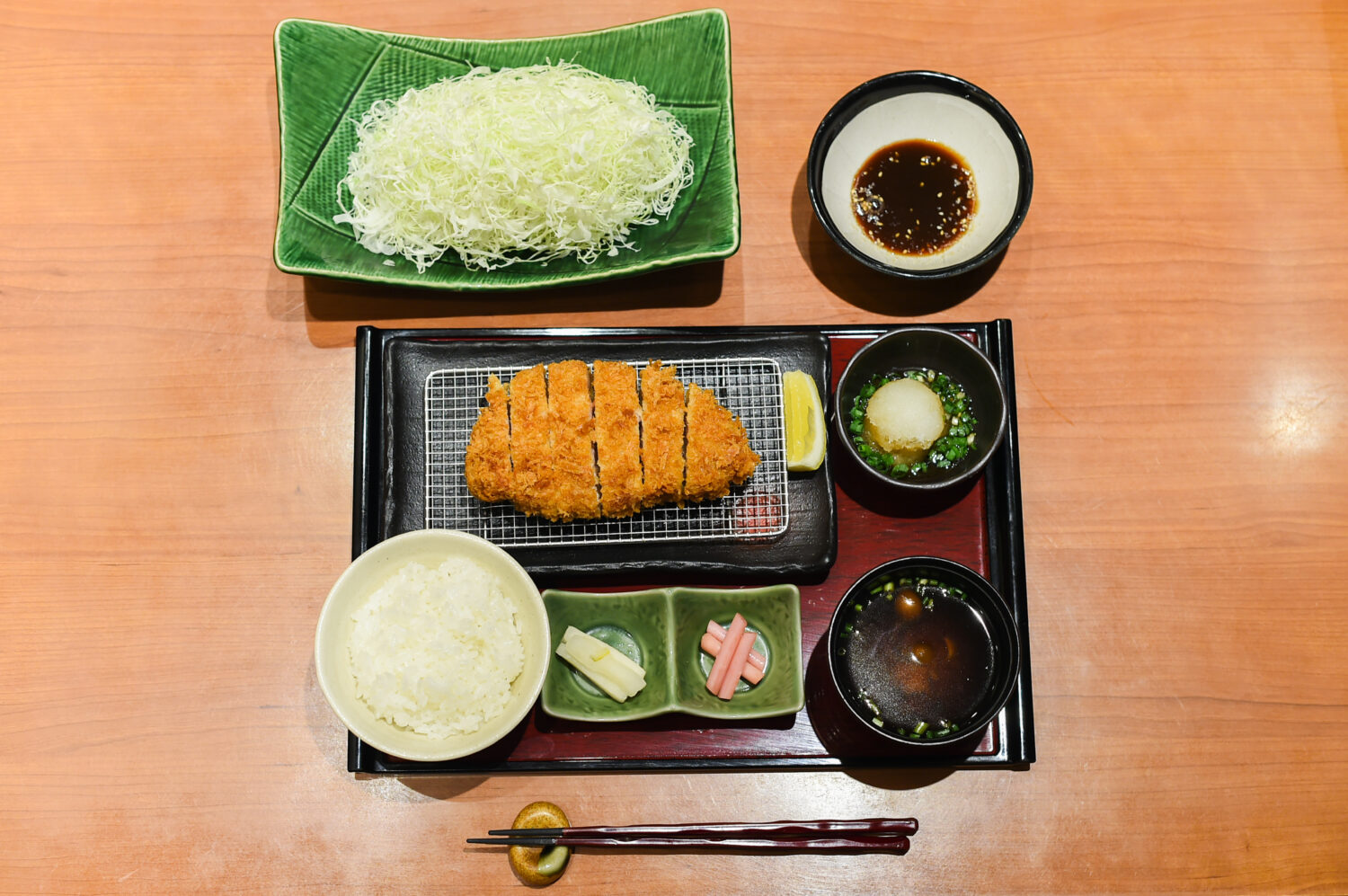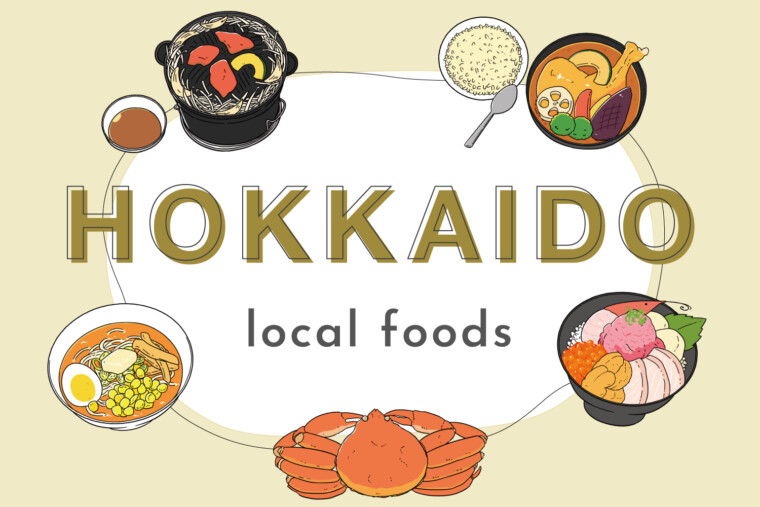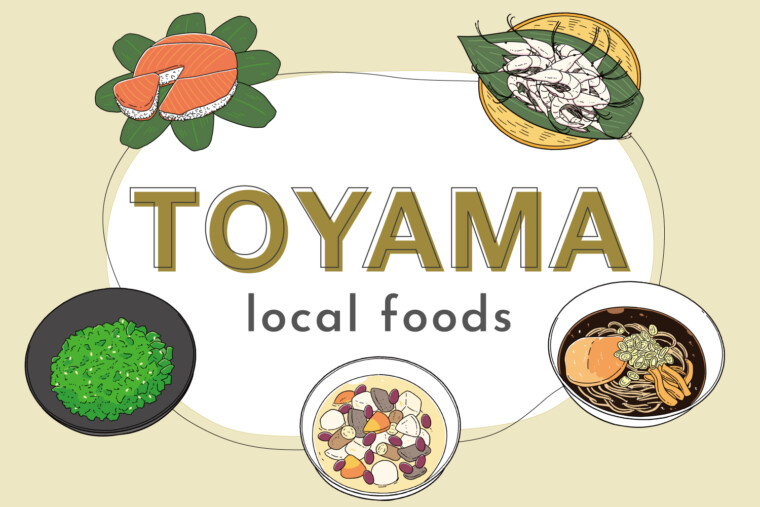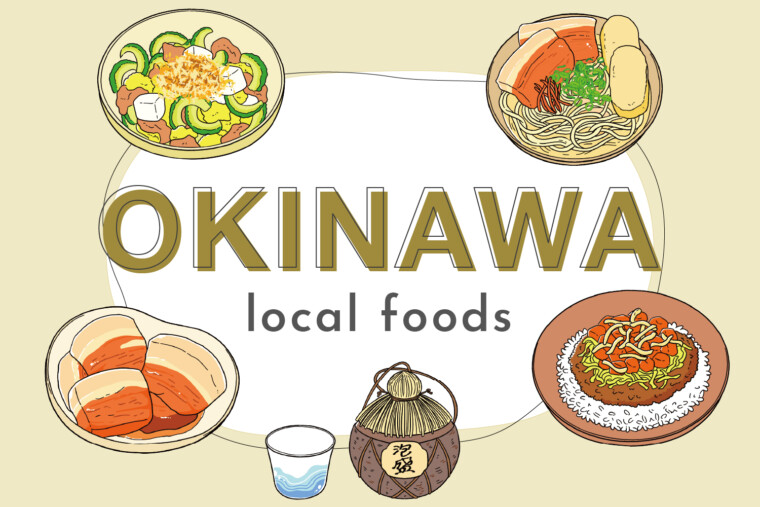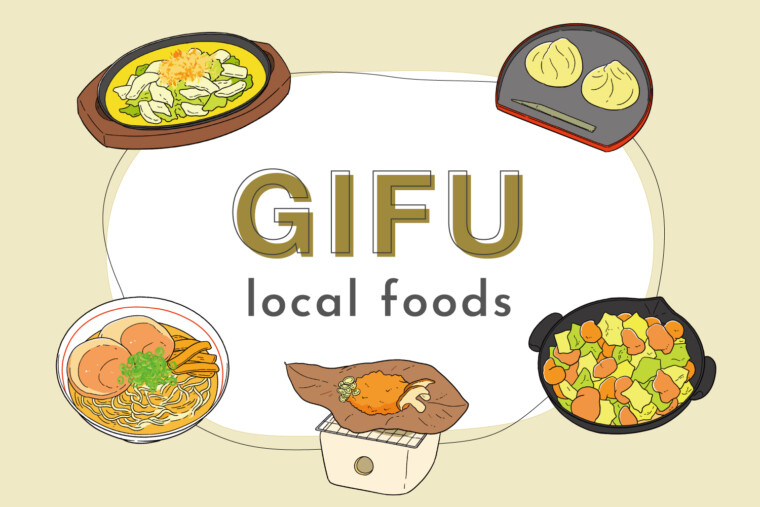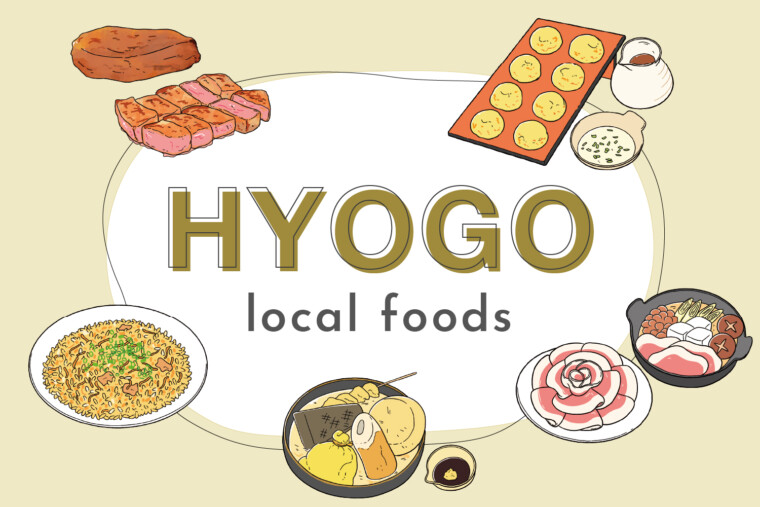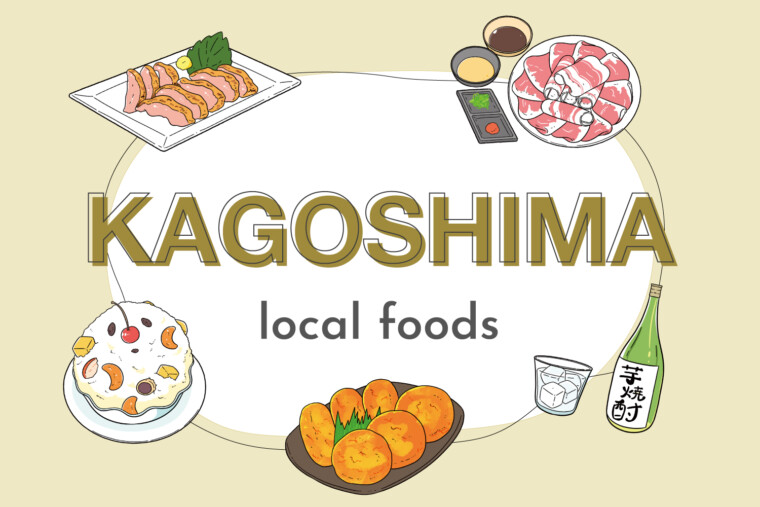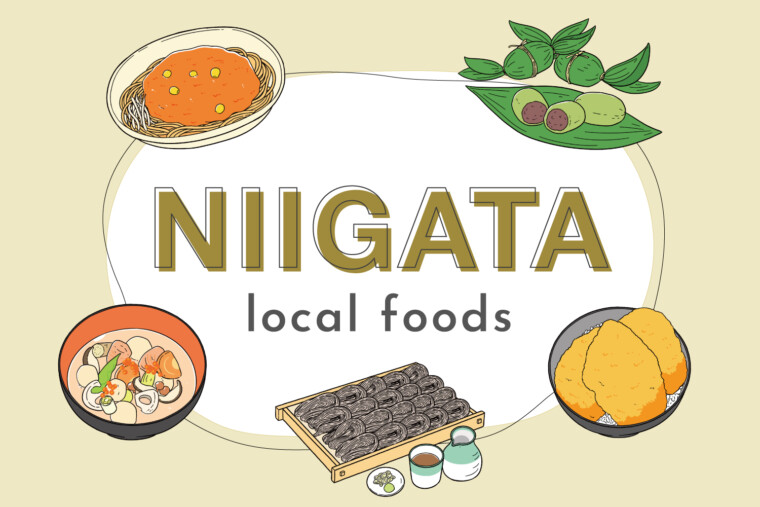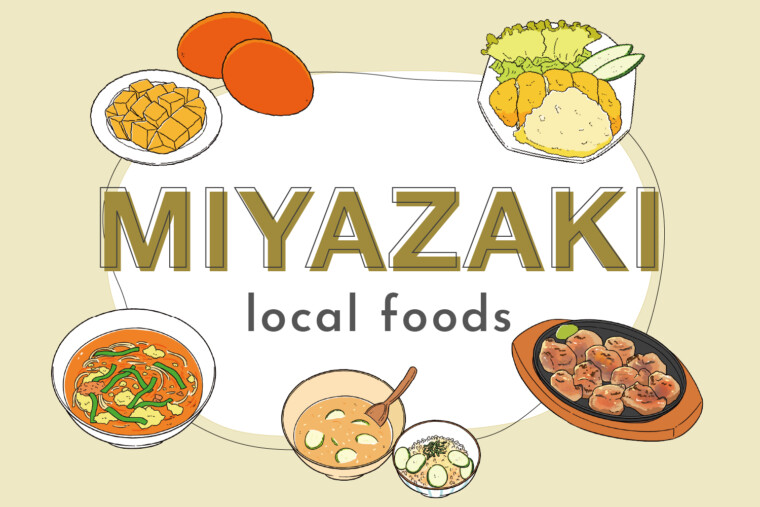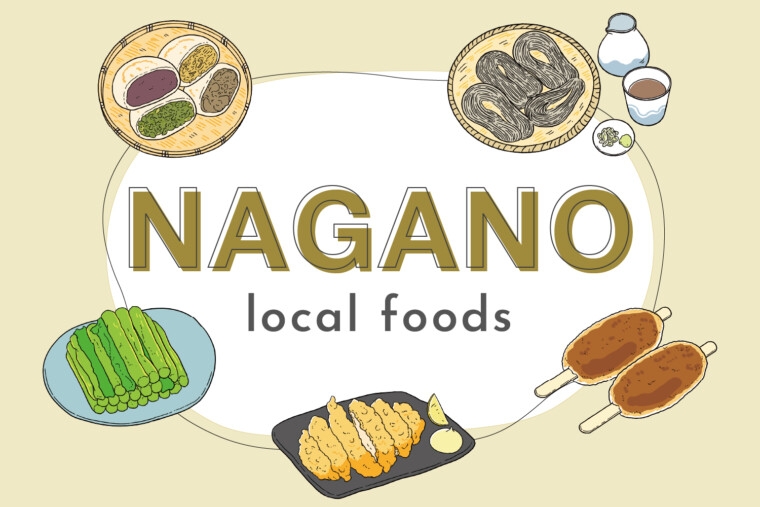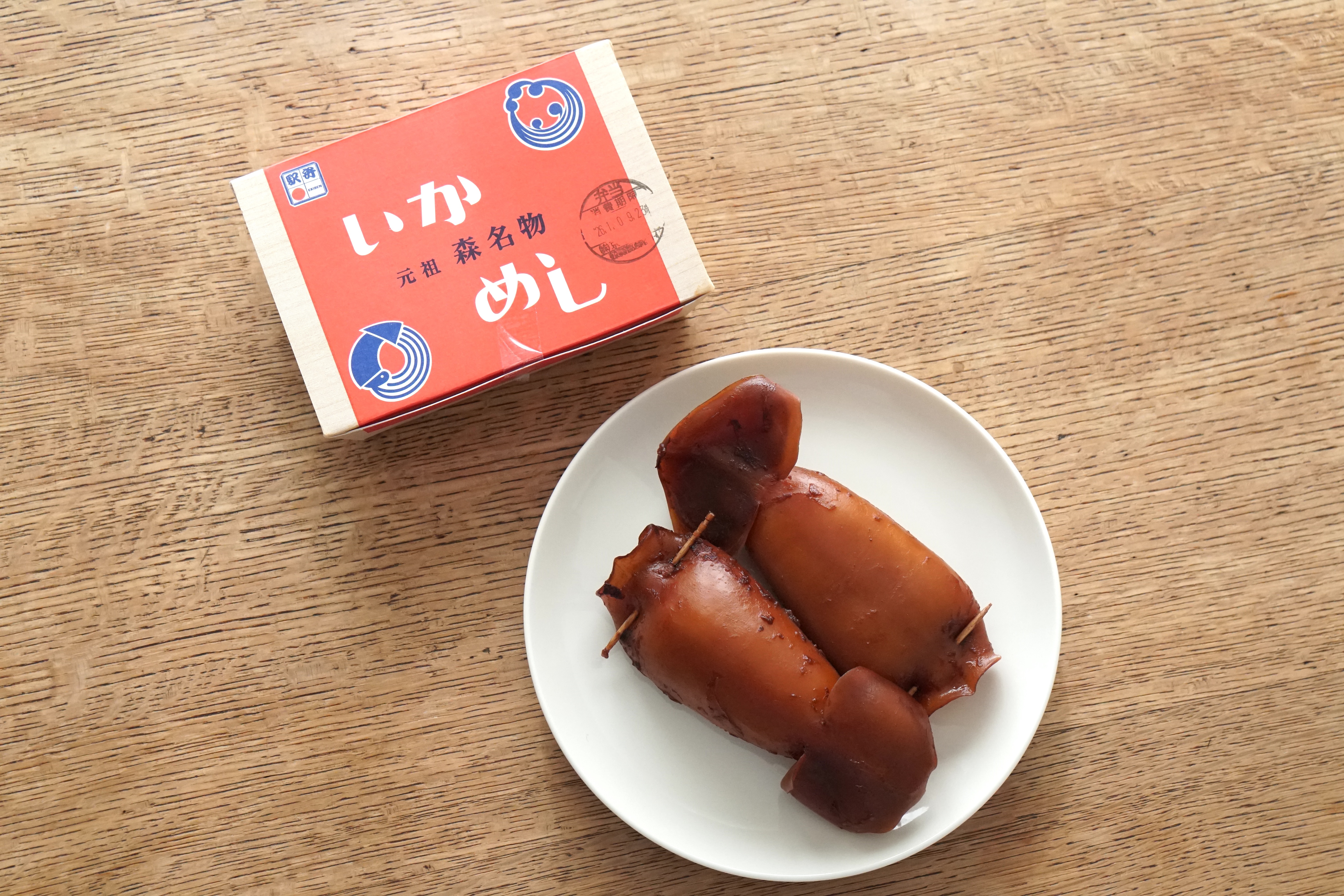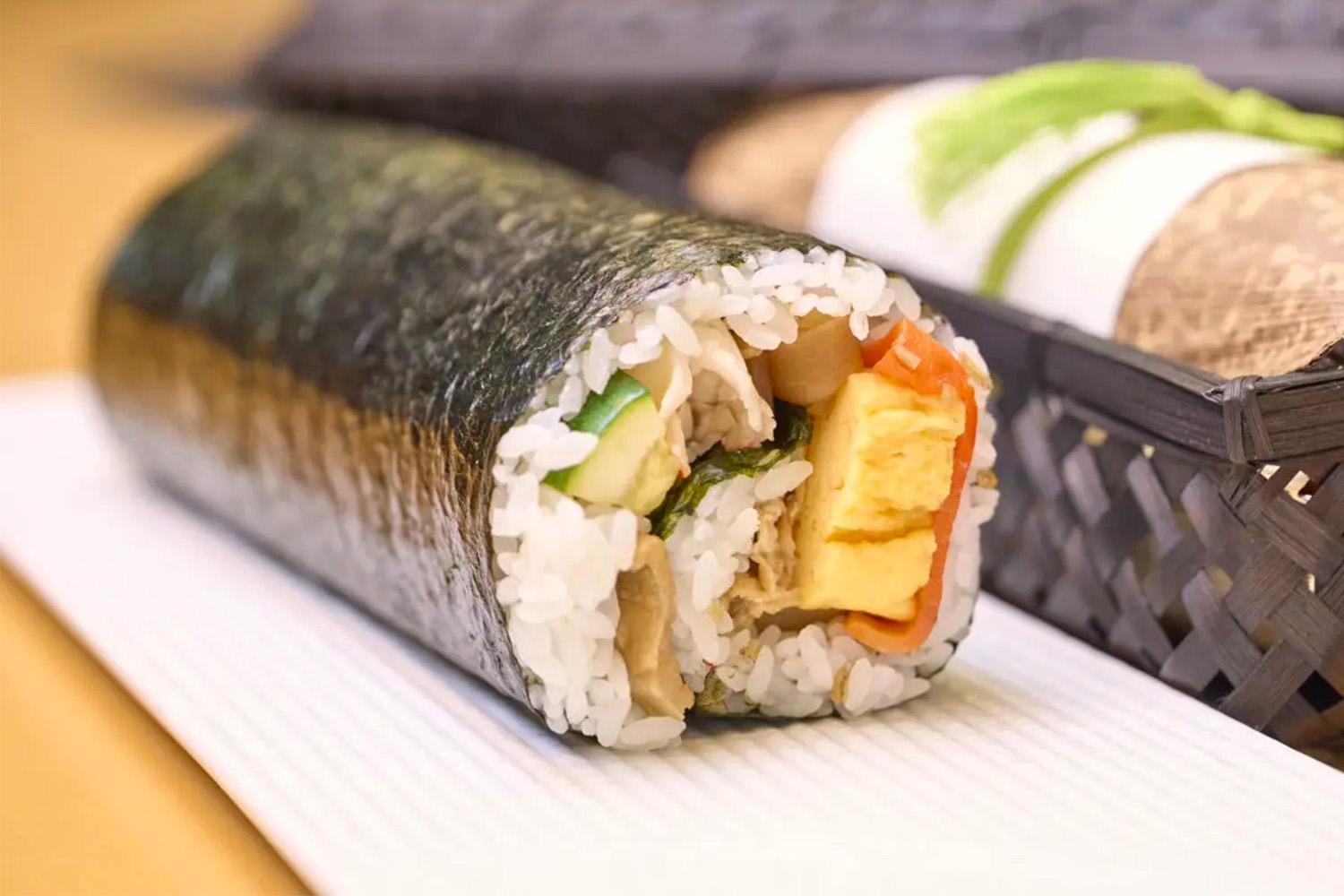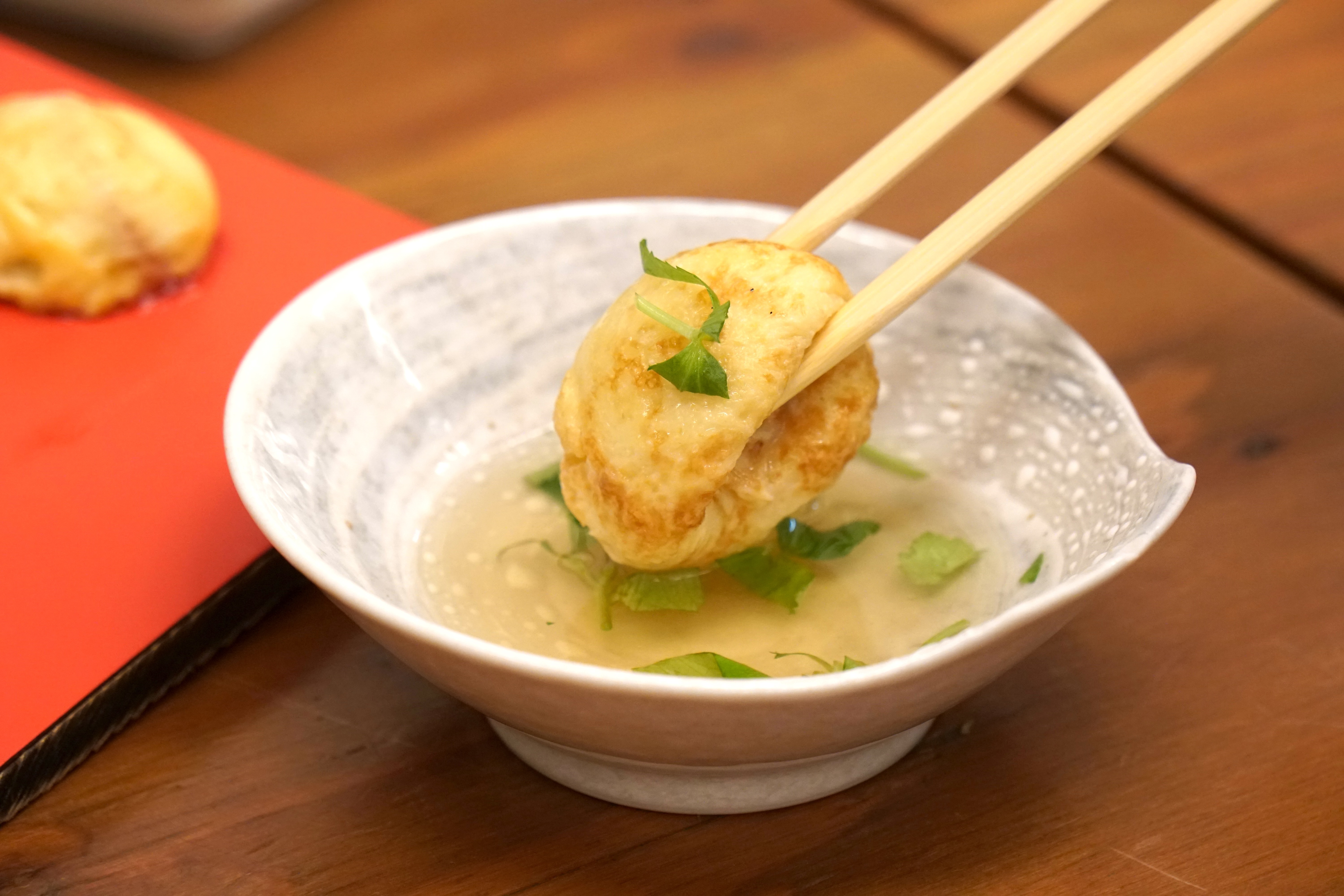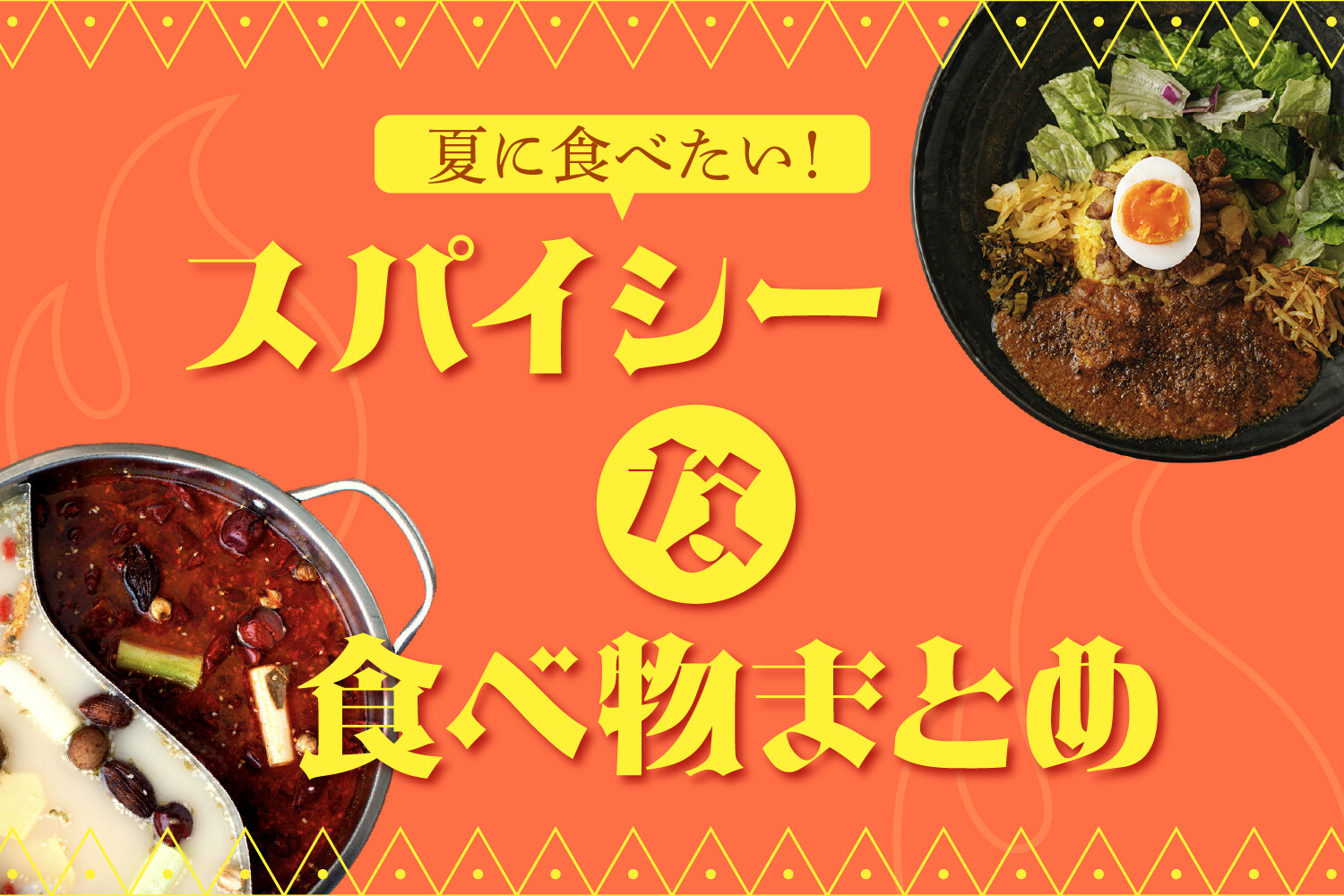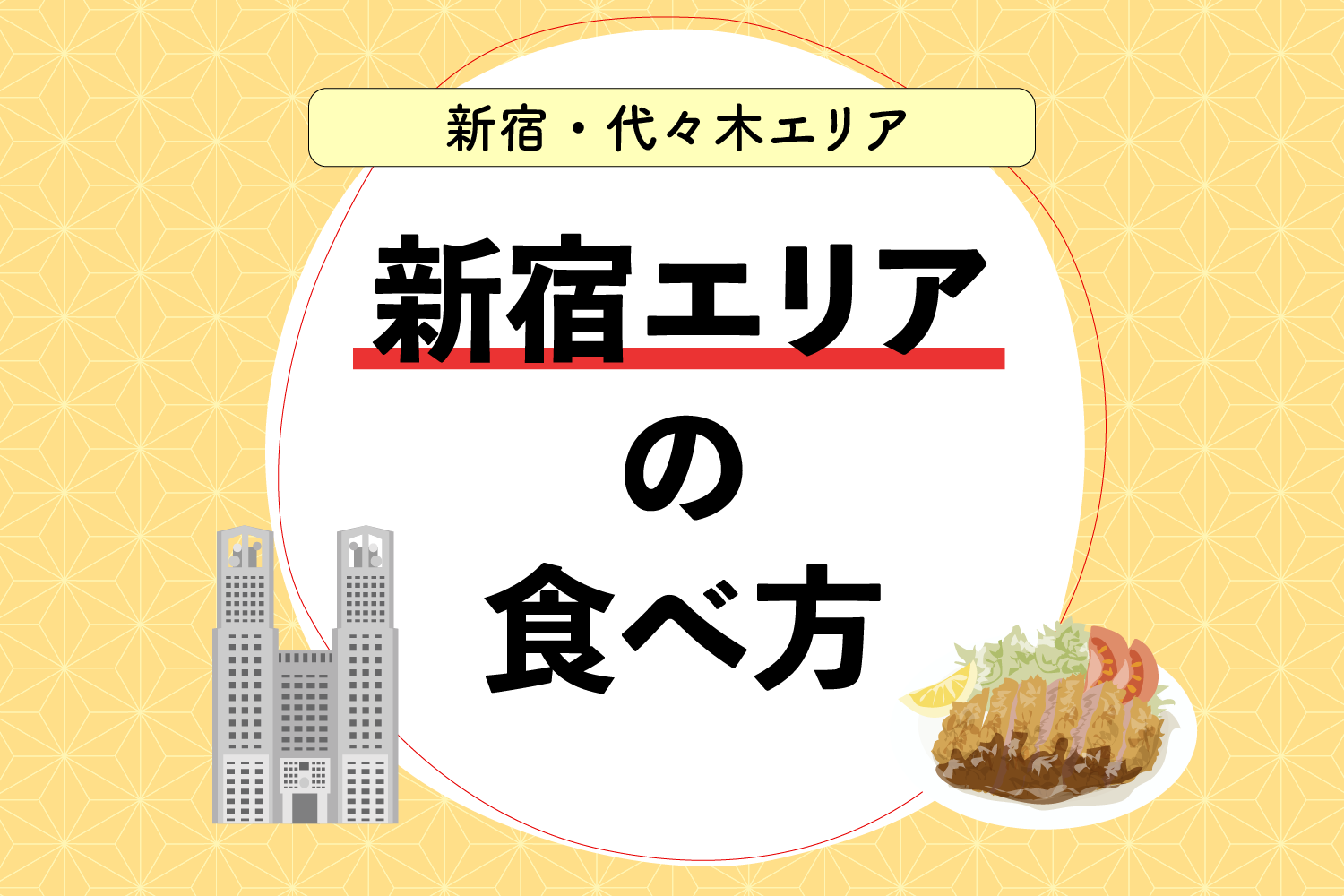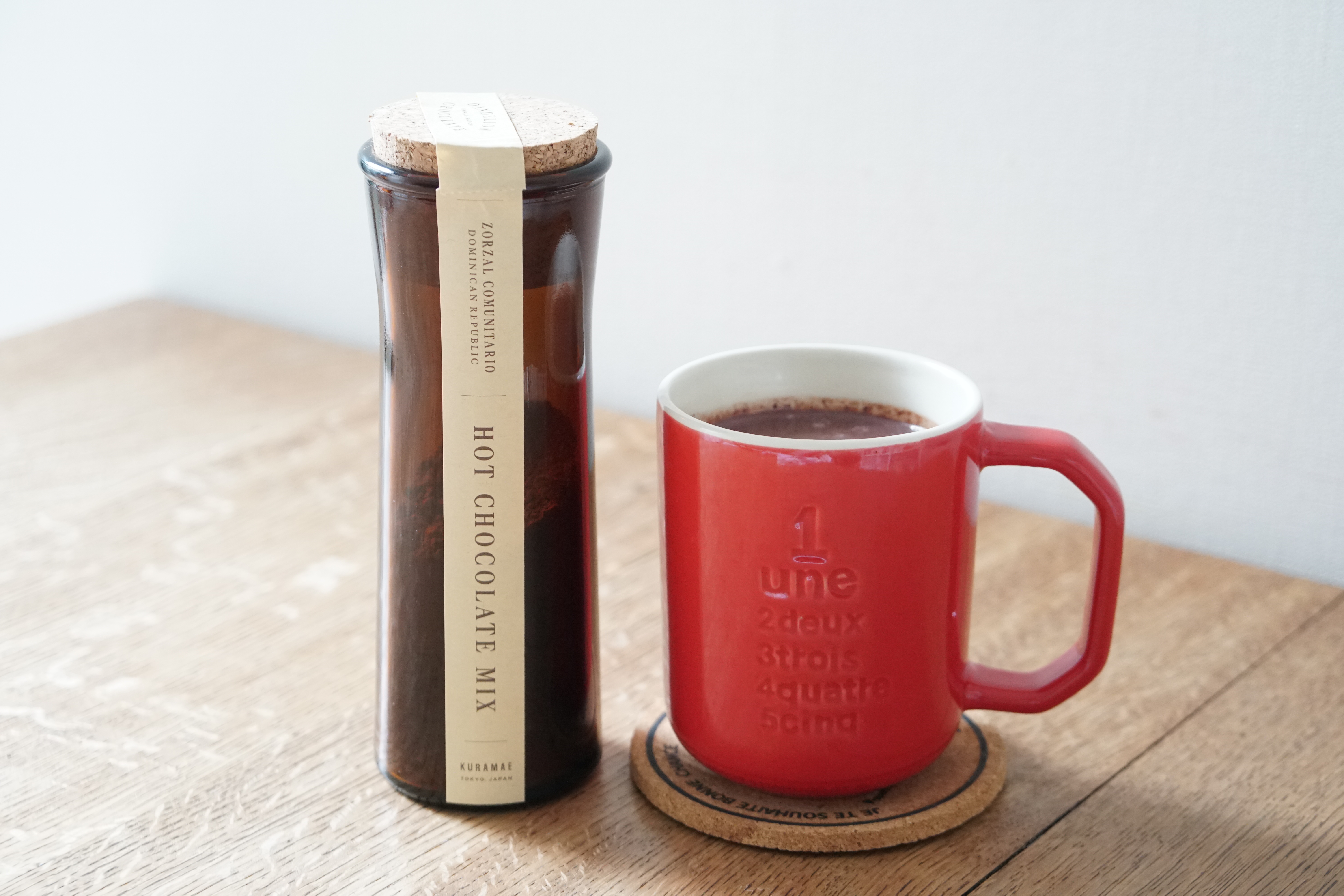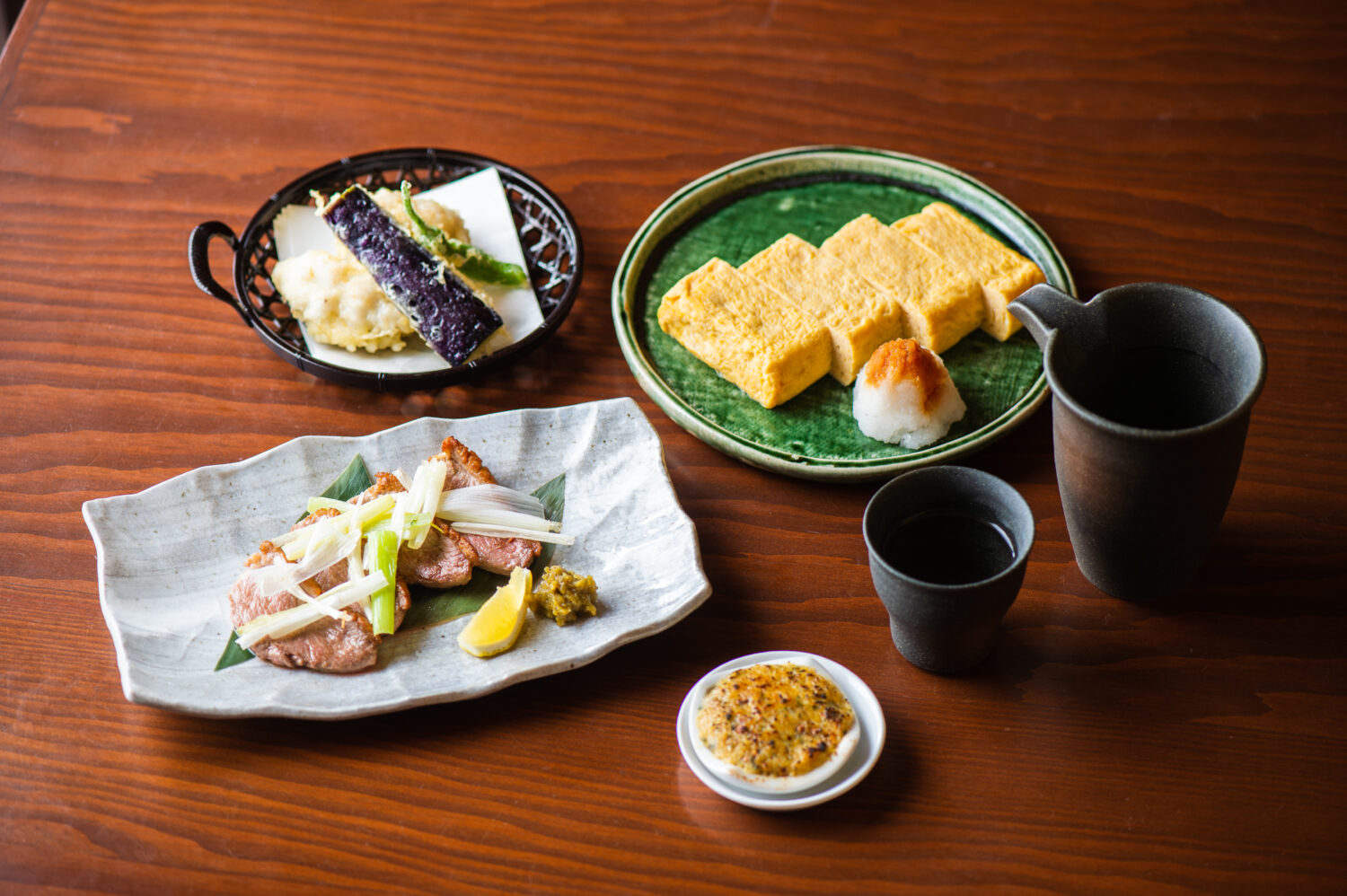
The “Sobamae” method of enjoying soba noodles | From yakimiso to dashimaki and on to tempura!
Picture a traditional soba (buckwheat noodle) restaurant, with a selection of small dishes laid out before you and a cup of cold sake on the side… not only delicious, but stylish as well! This culture of enjoying soba together with sake is known as “sobamae”. If you’ve eaten at sobaya (soba specialty restaurants) but only ever tried the noodles, this article is for you! We’ve asked a soba specialty restaurant for some advice on the smart way to enjoy soba and more in the “sobamae” style. Please read on to open new doors for your enjoyment of this traditional Japanese dish.
share:
Table of Contents
Start light and move on to deeper flavors
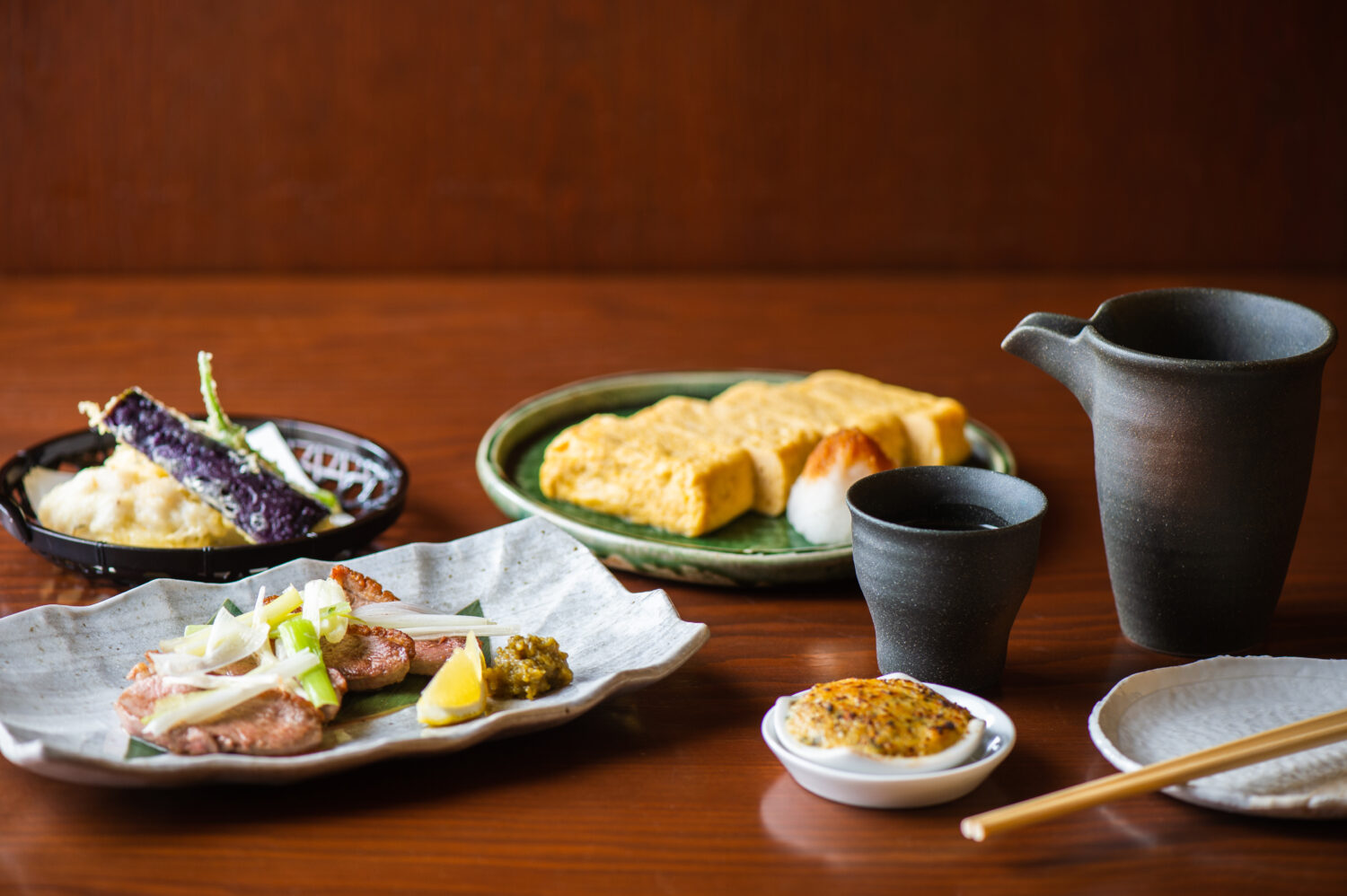
Before the soba is served, enjoy a selection of classic soba restaurant dishes accompanied by sake. This is the “sobamae” style, and generally includes dishes such as yakimiso (toasted miso paste), dashimaki tamago (Japanese omelet), and kamoyaki (roast duck) – each featuring ingredients that are commonly used in soba. Connoisseurs start with lightly-flavored items, and move on to deeper flavors.
Start from the yakimiso (roasted aromatic bean paste)
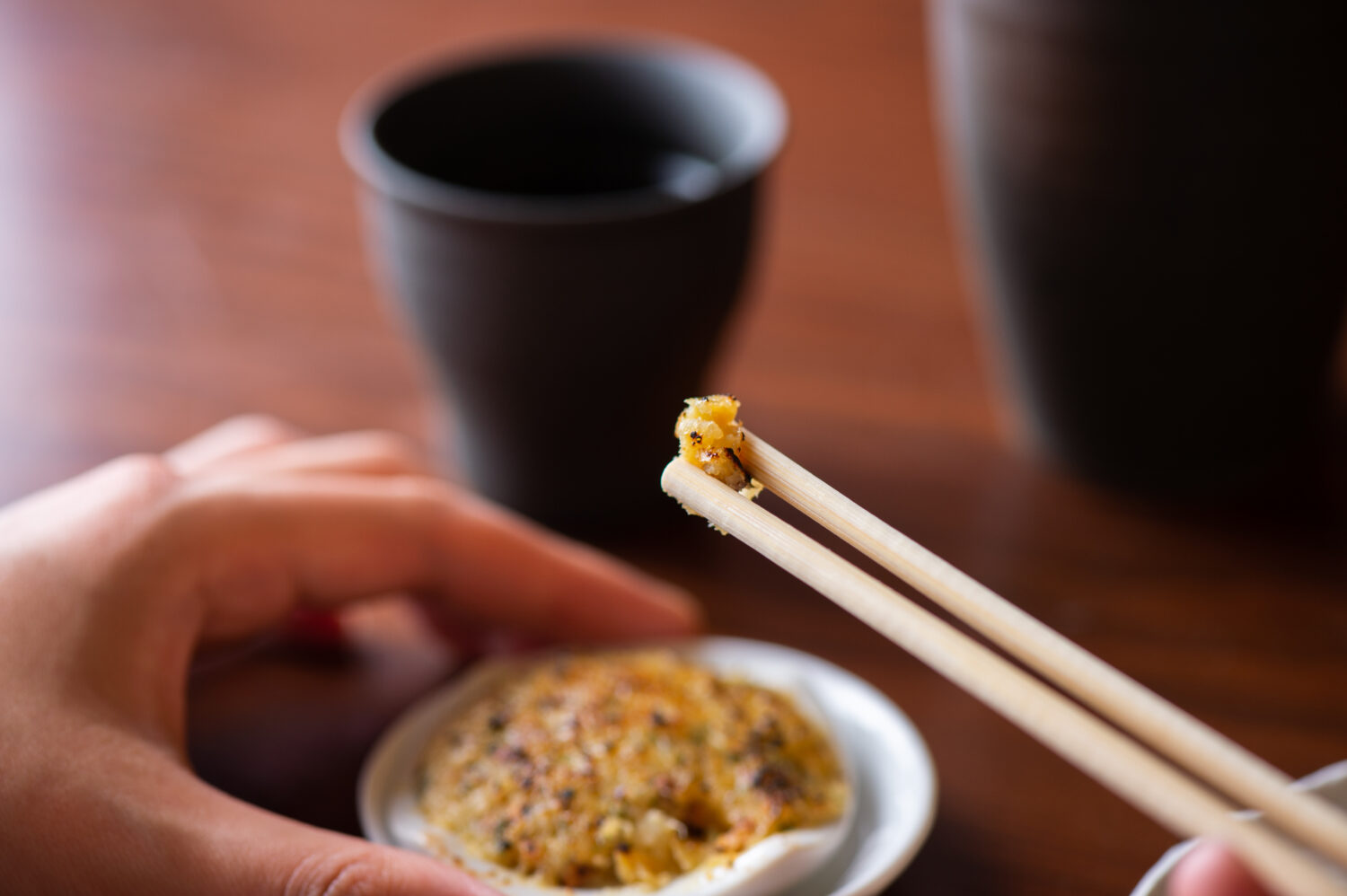
Start with a bite of yakimiso. This is a roasted mixture of saikyo miso (a light, mild fermented bean paste), sobanomi (buckwheat seeds), negi (spring onions), and myoga (Japanese ginger). It’s quite salty, so enjoy a bean-sized piece together with a sip of sake.
Progress from dashimaki (Japanese omelet) to kamoyaki (roast duck)
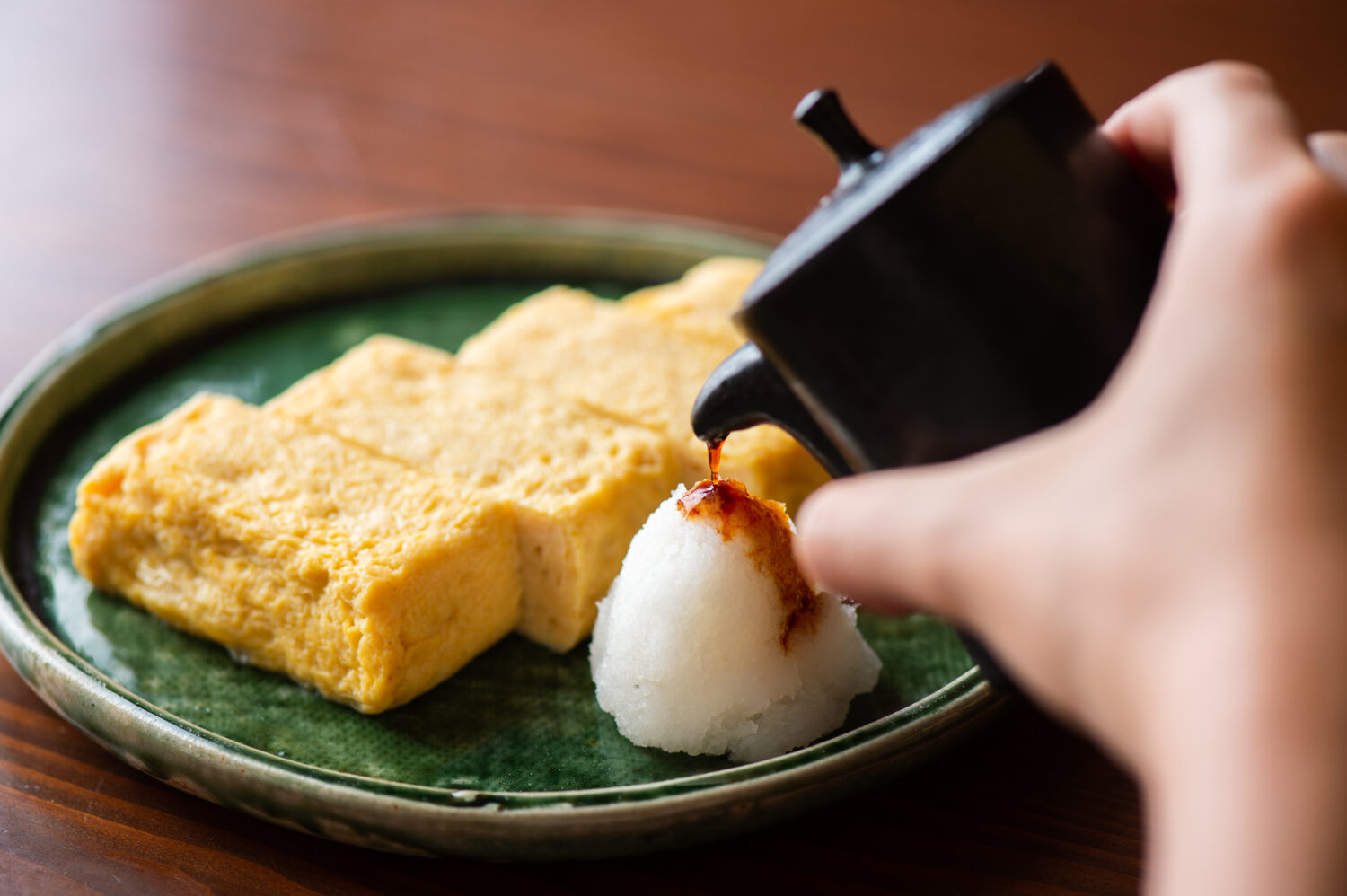
Dashimaki tamago is a traditional Japanese rolled omelet seasoned with dashi soup stock, and is a classic soba restaurant dish. Serving together with daikon oroshi (grated daikon radish) creates a lighter flavor. Top the mound of daikon oroshi with soy sauce to taste, top a slice of egg with some of the daikon, and enjoy. Dashimaki tamago is said to be popular at soba restaurants as a way to evaluate the flavor of the restaurant’s tsuyu (seasoned soup base).
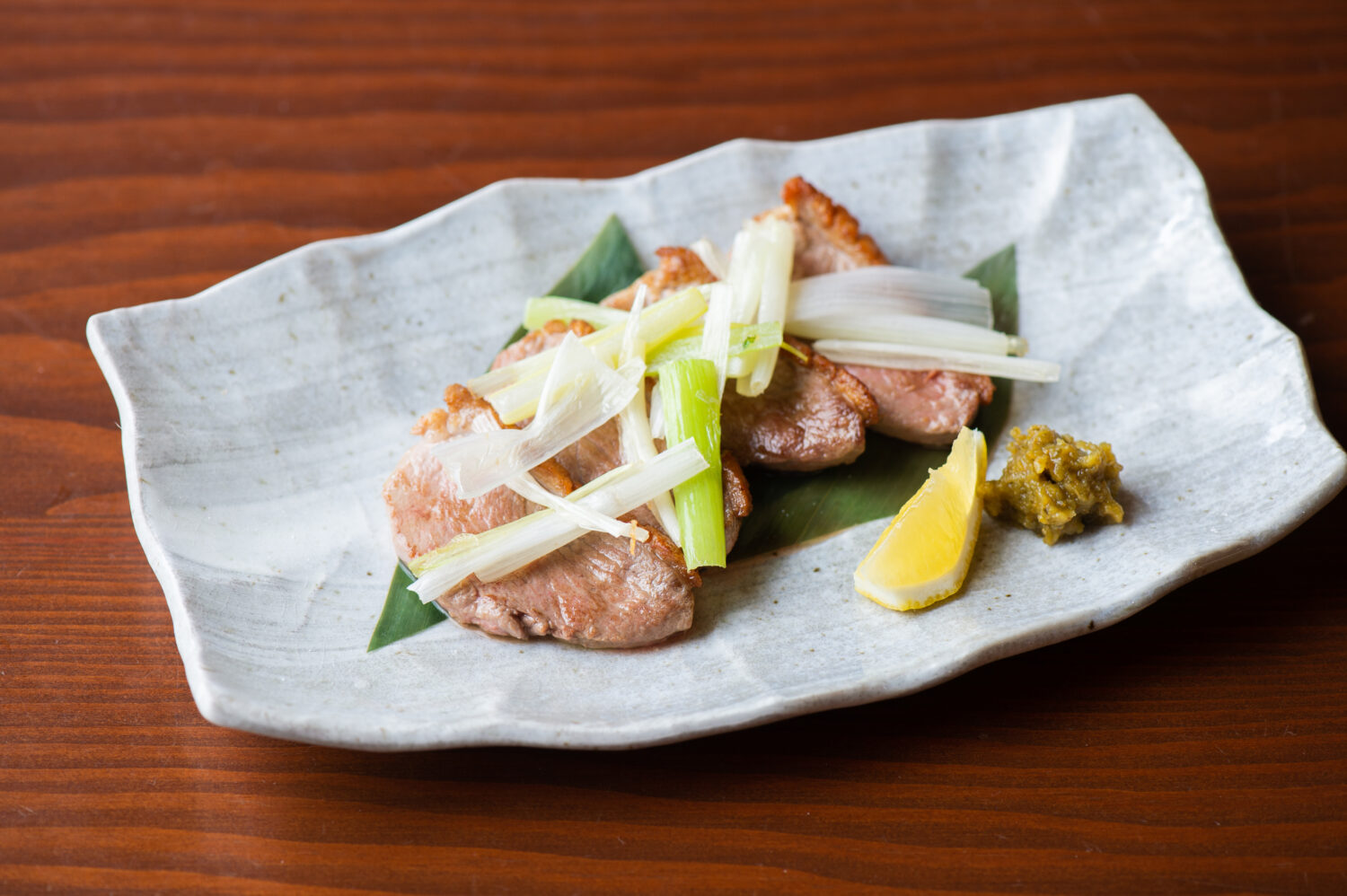
The next dish is kamoyaki, a simple roast duck. Duck is a classic pairing with soba, and is often enjoyed as kamo nanban – noodles served hot in a bowl of fragrant duck broth, topped with large pieces of spring onion and slices of roast duck. Roast duck also pairs superbly with sake.
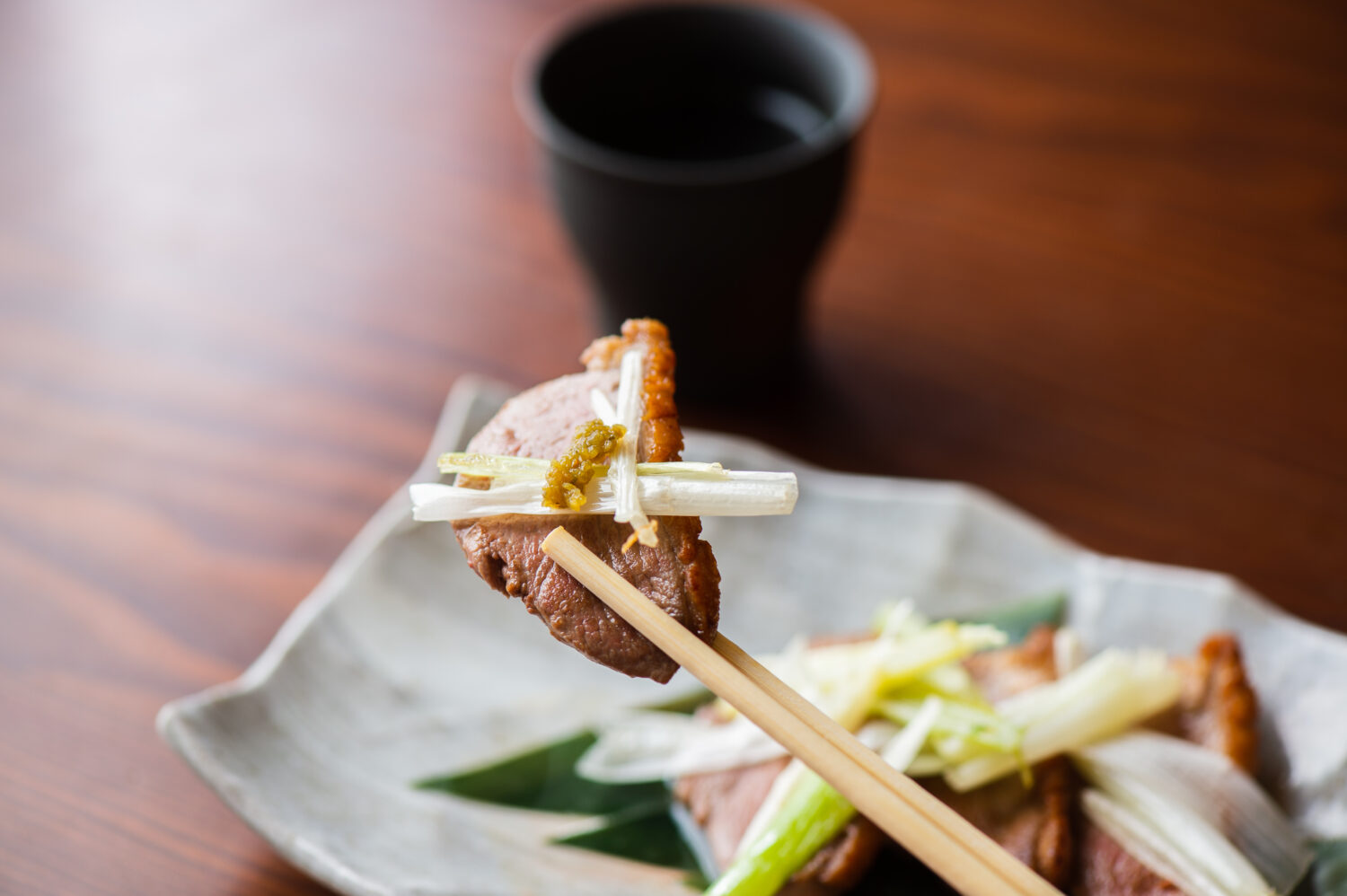
Try adding a dab of yuzu kosho (a condiment of yuzu citrus rind and green chili) to change up the flavor of the kamoyaki. The bite of spice and fresh citrus scent will bring out the best of the tender, juicy duck.
After tempura, finish with soba (buckwheat noodles)
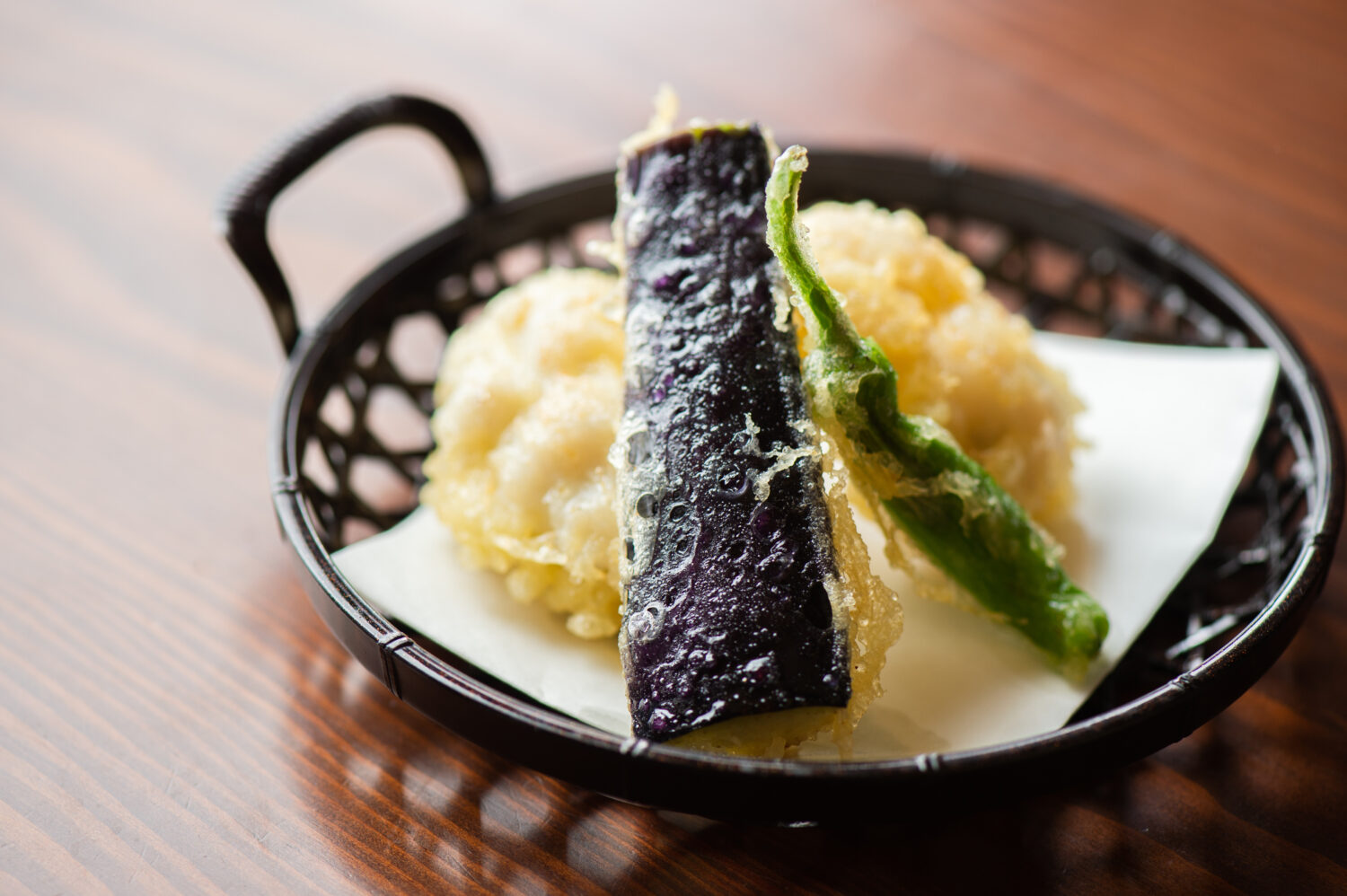
The final item of our sobamae selection is tempura, also a classic topping of both hot and cold soba. Simply sprinkle on a little salt to enjoy the flavor of the ingredients, or dip in tentsuyu (tempura sauce) for a lighter flavor enjoy the tempura as you fancy!
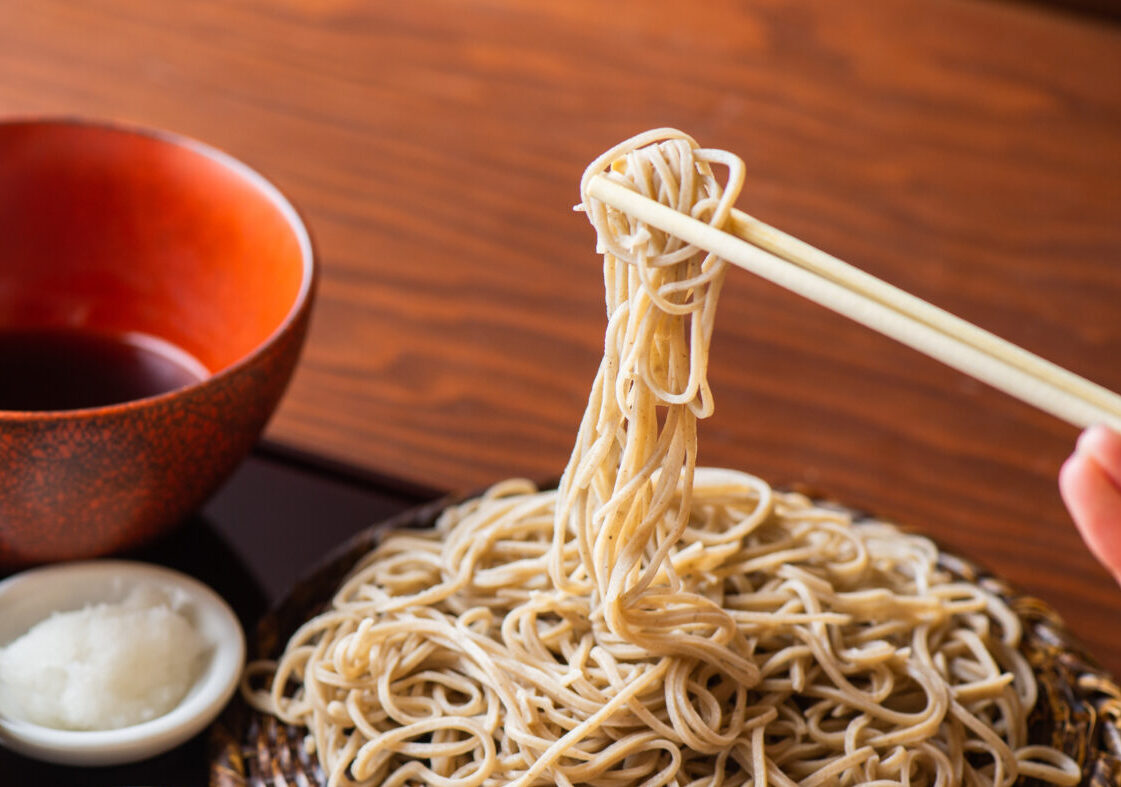
At last, it’s time for the main dish of soba noodles. Enjoy as morisoba (cold noodles dipped in concentrated soup), then add hot sobayu (water from boiling the buckwheat noodles) to the remaining soup to fully appreciate the interplay of flavors.
The sobamae style of dining allows you to enjoy a number of small dishes, each featuring the flavor of the restaurant’s signature dashi (soup stock). If you haven’t tried sobamae yet, please take the next opportunity!
This restaurant specializes in handmade soba (buckwheat noodles) made from freshly-ground buckwheat. The best buckwheat seeds are selected depending on season, and stone-ground in-house daily. The artisanal noodles are rolled and cut entirely by hand for a profoundly rich, yet gentle flavor. The menu includes a wide range of sobamae dishes, with course options available.







